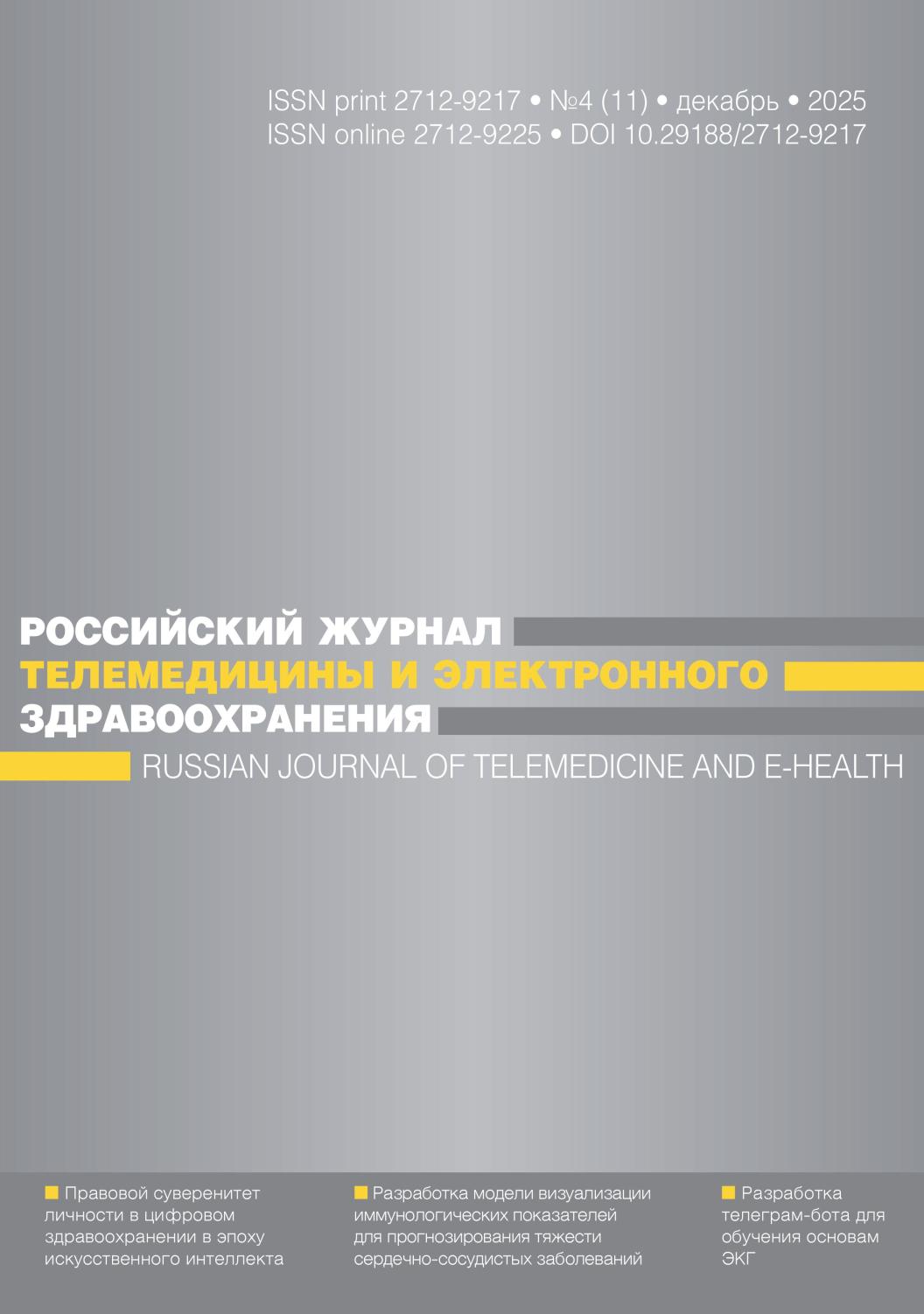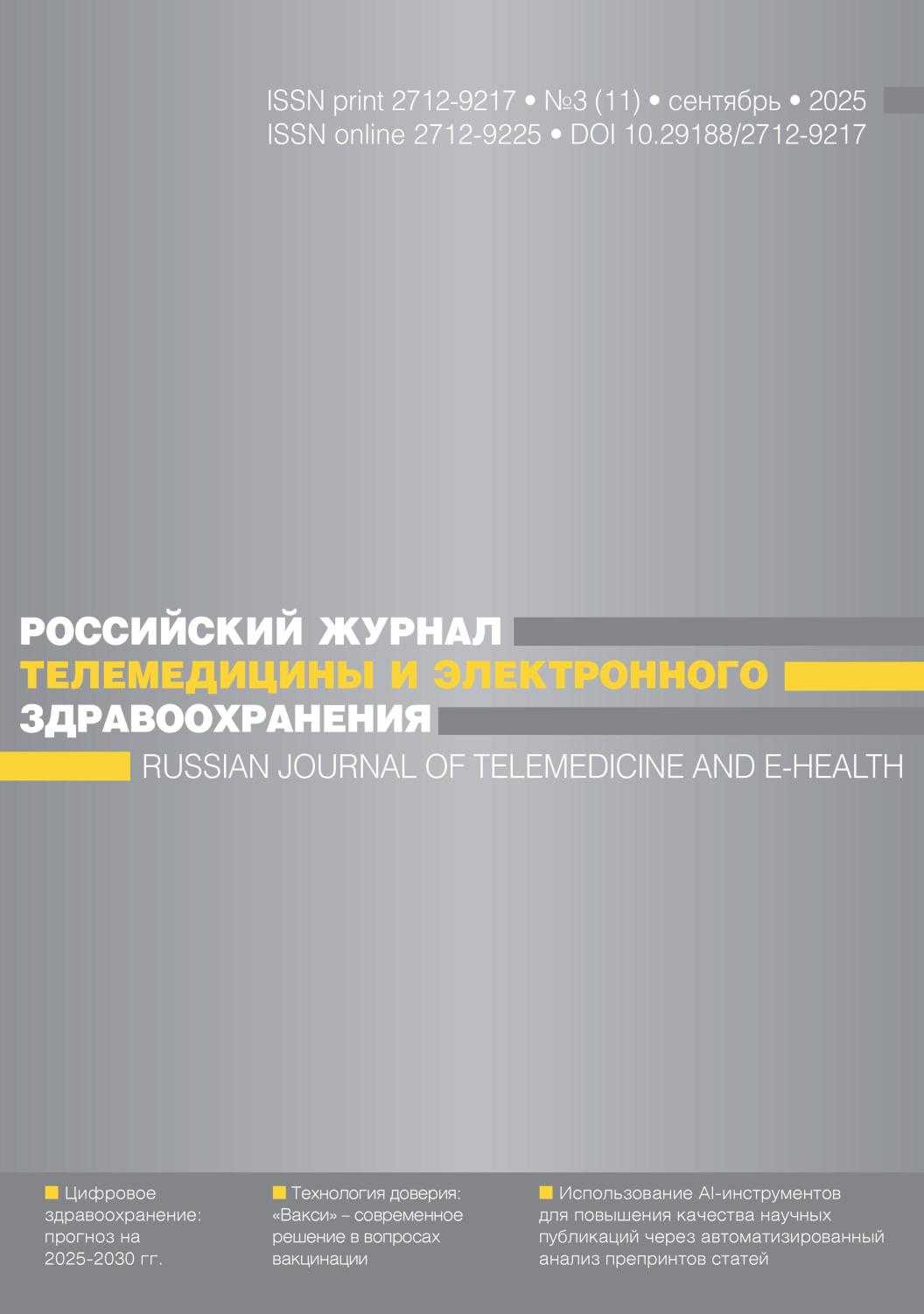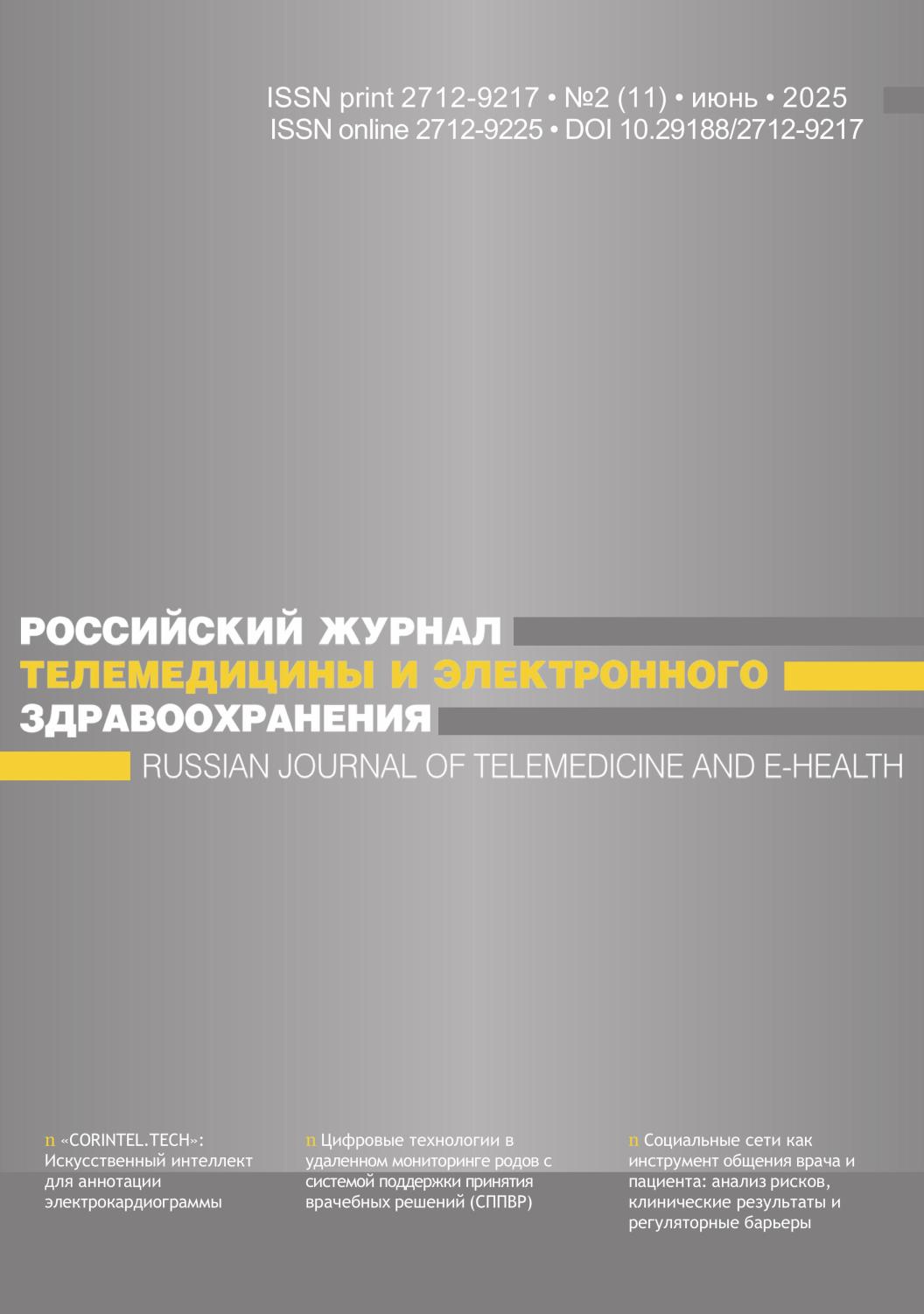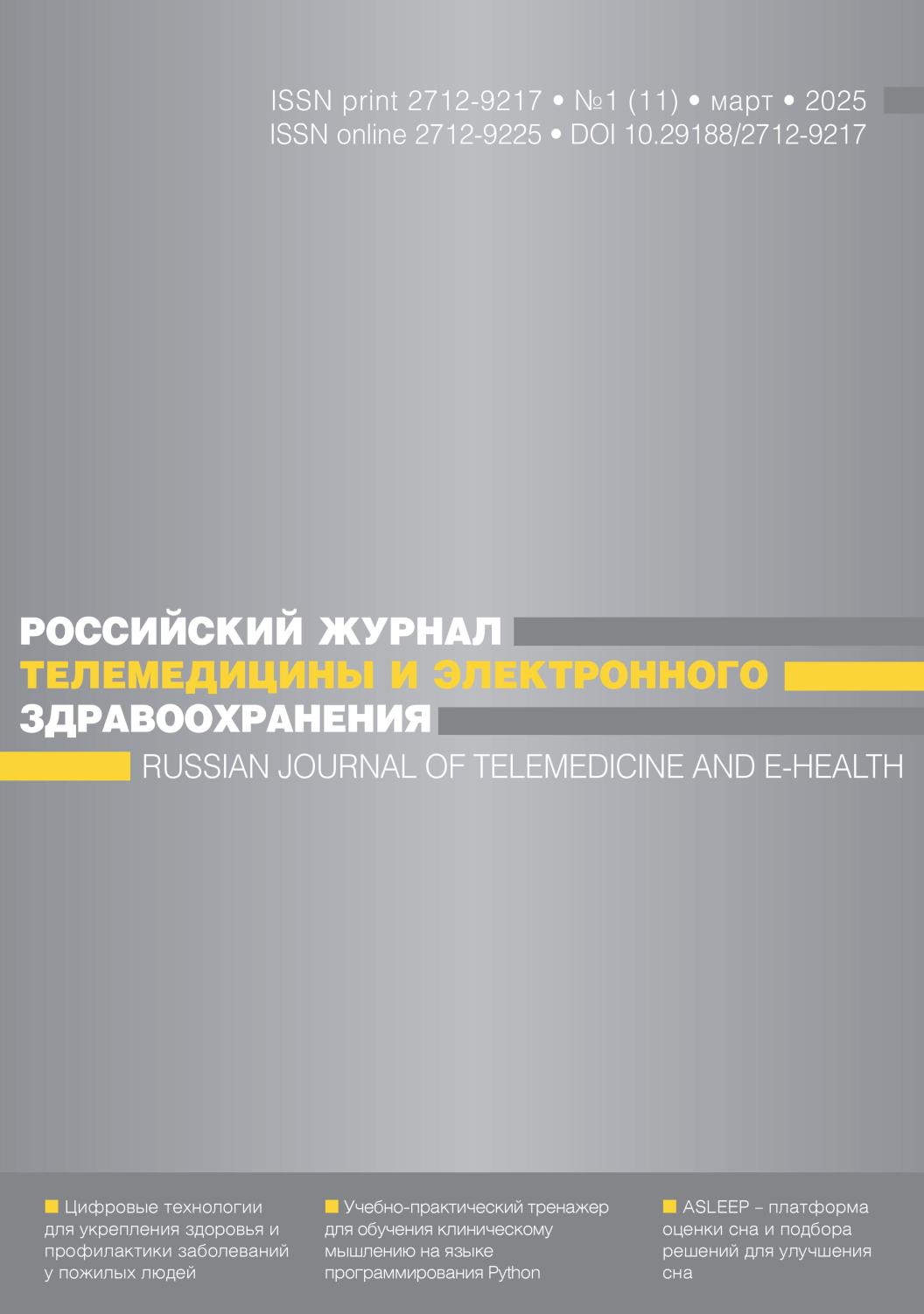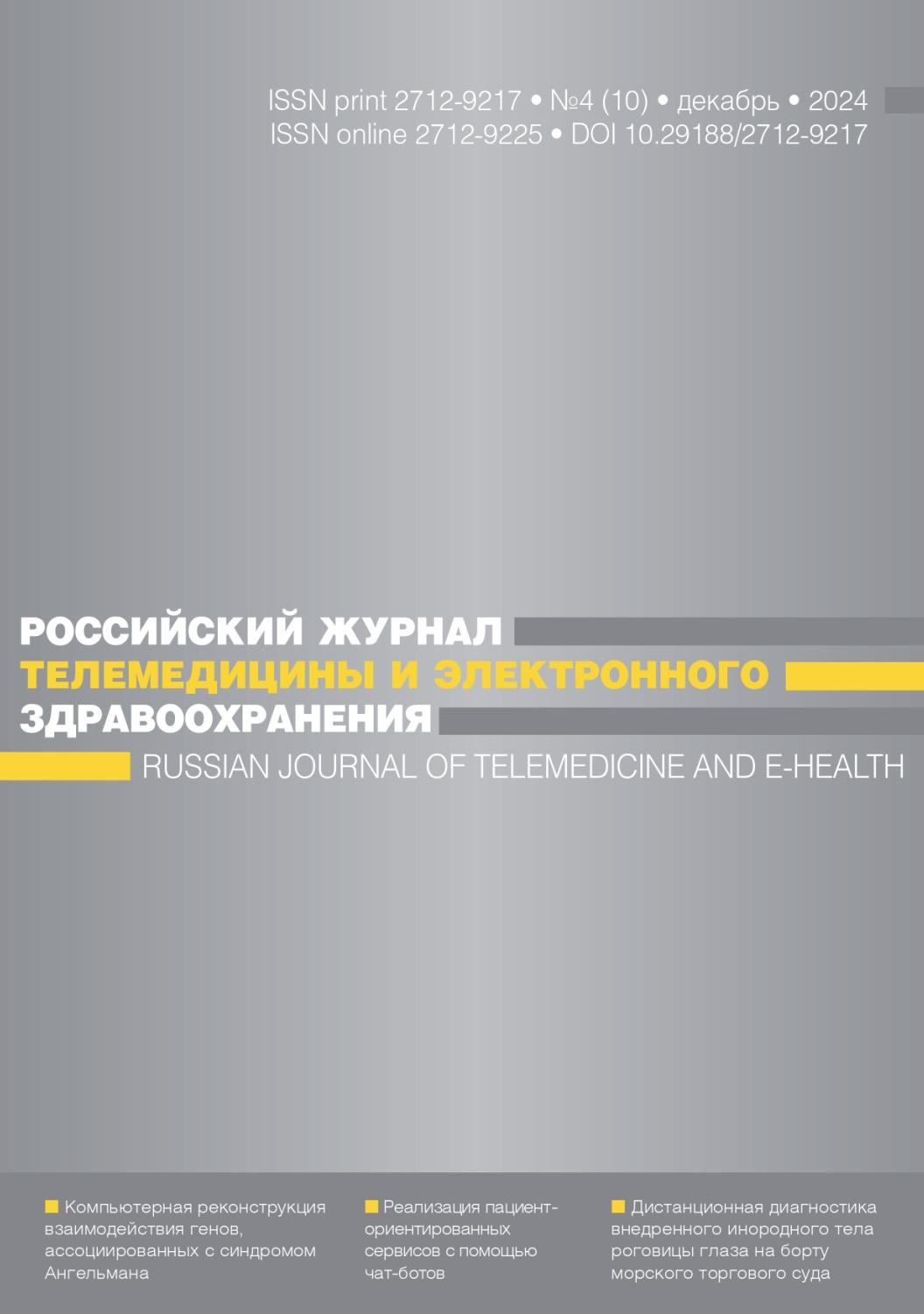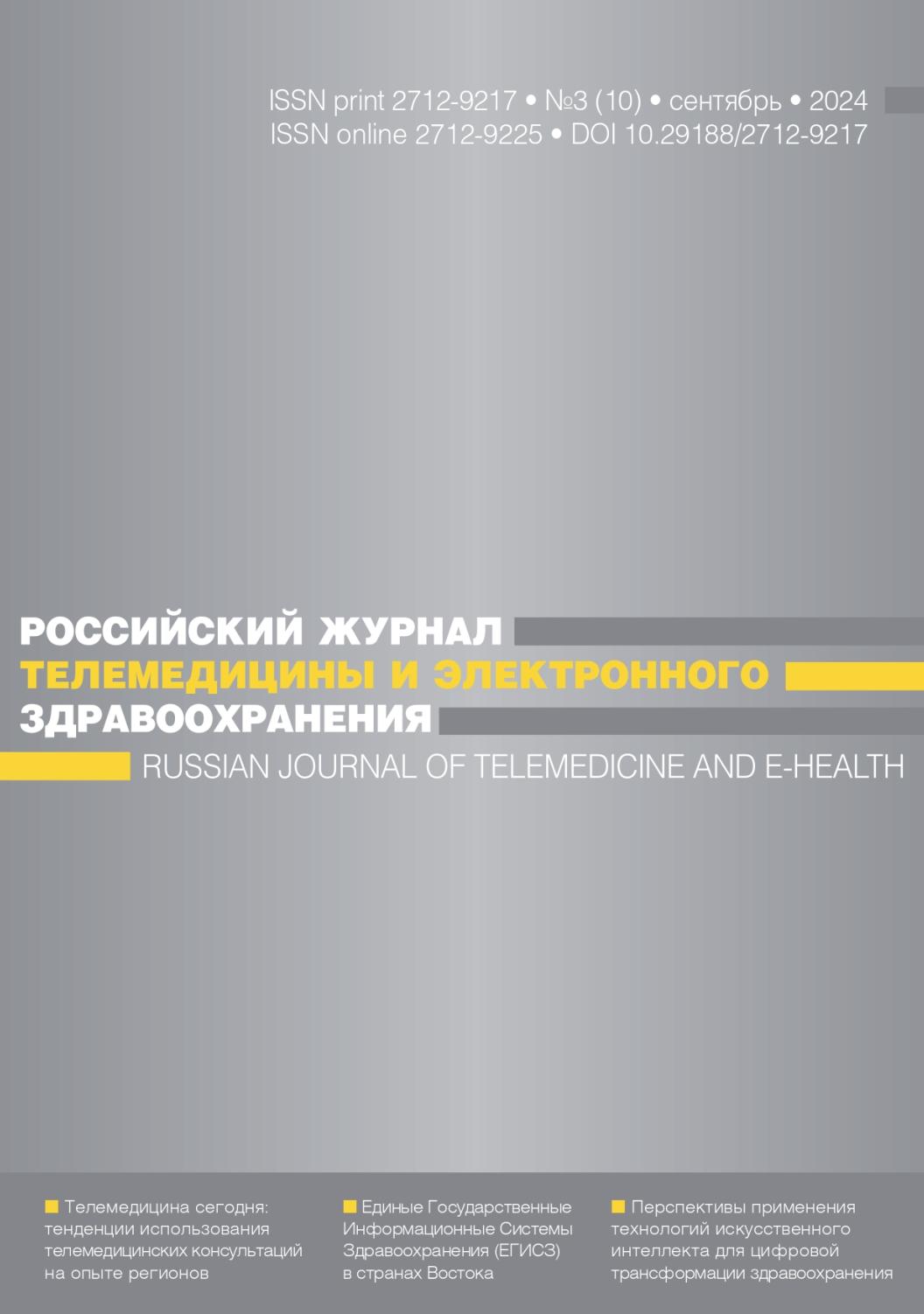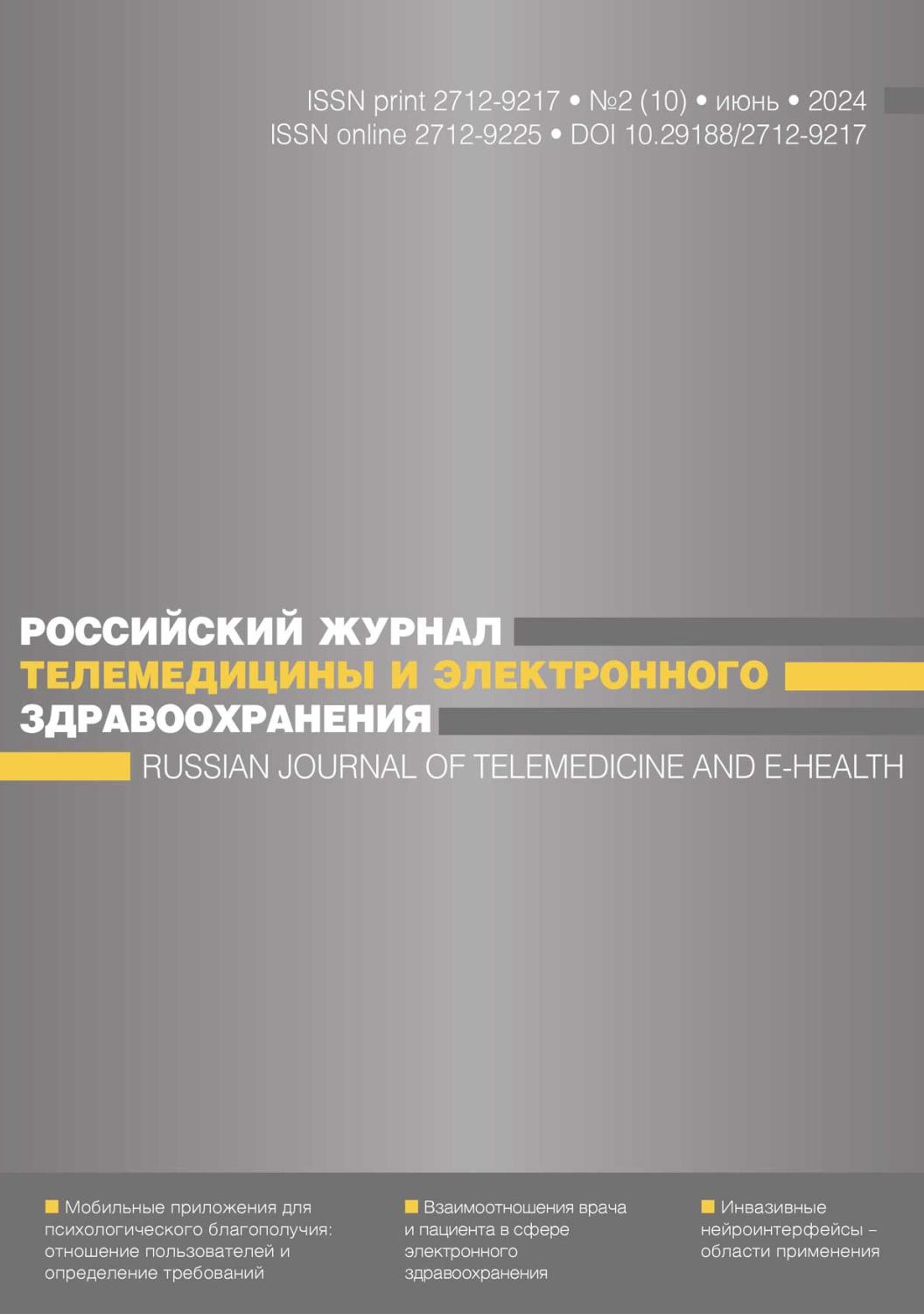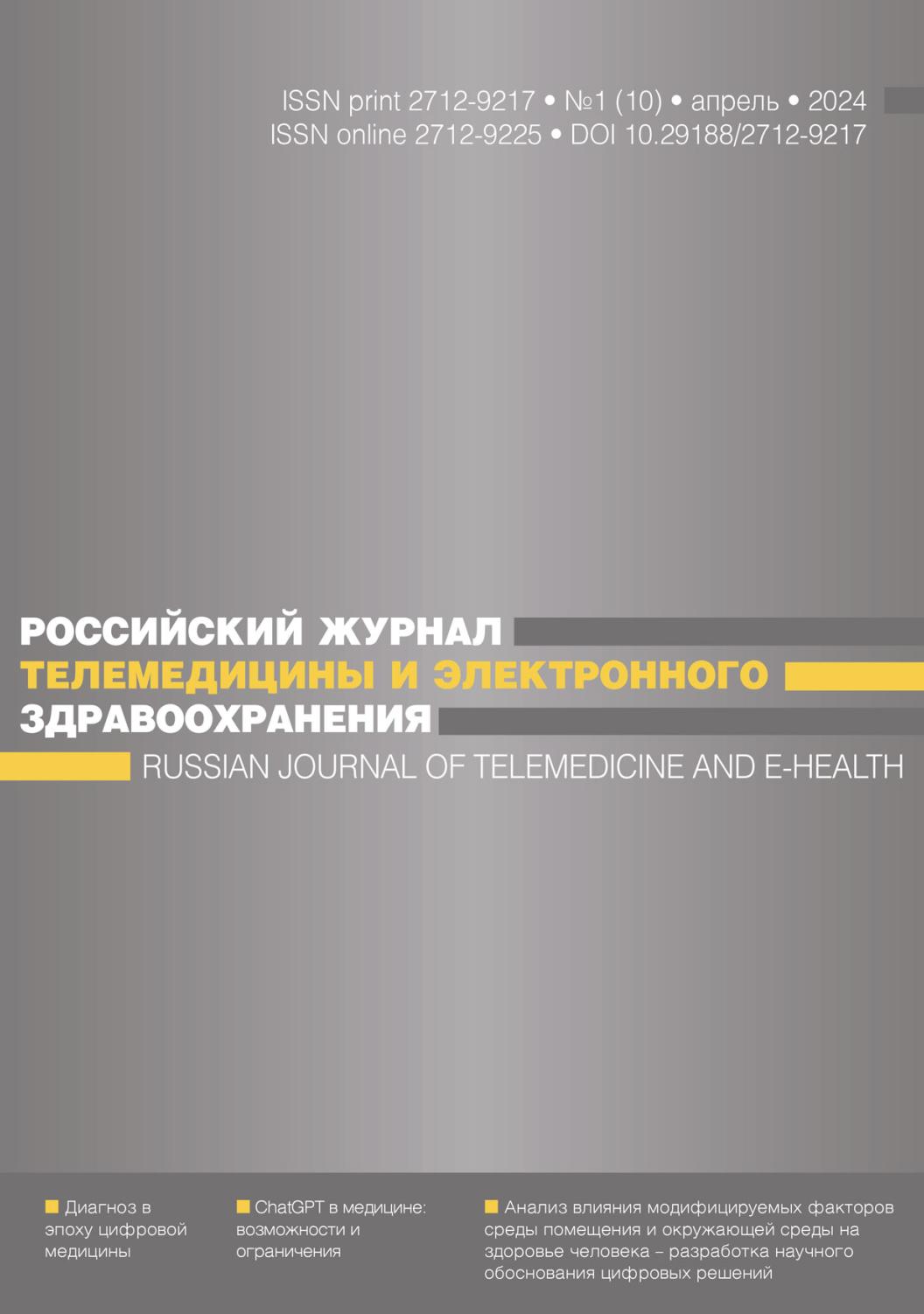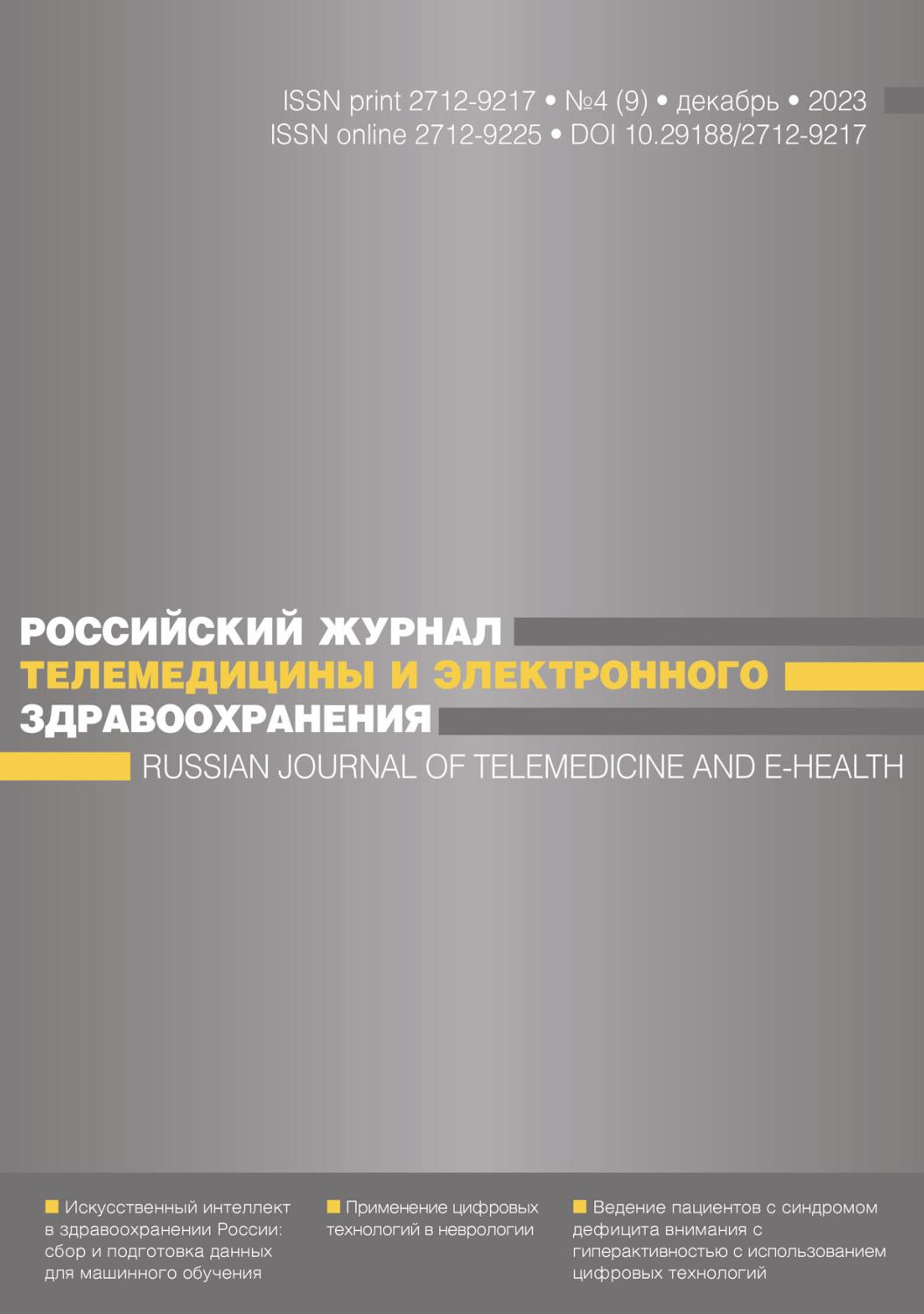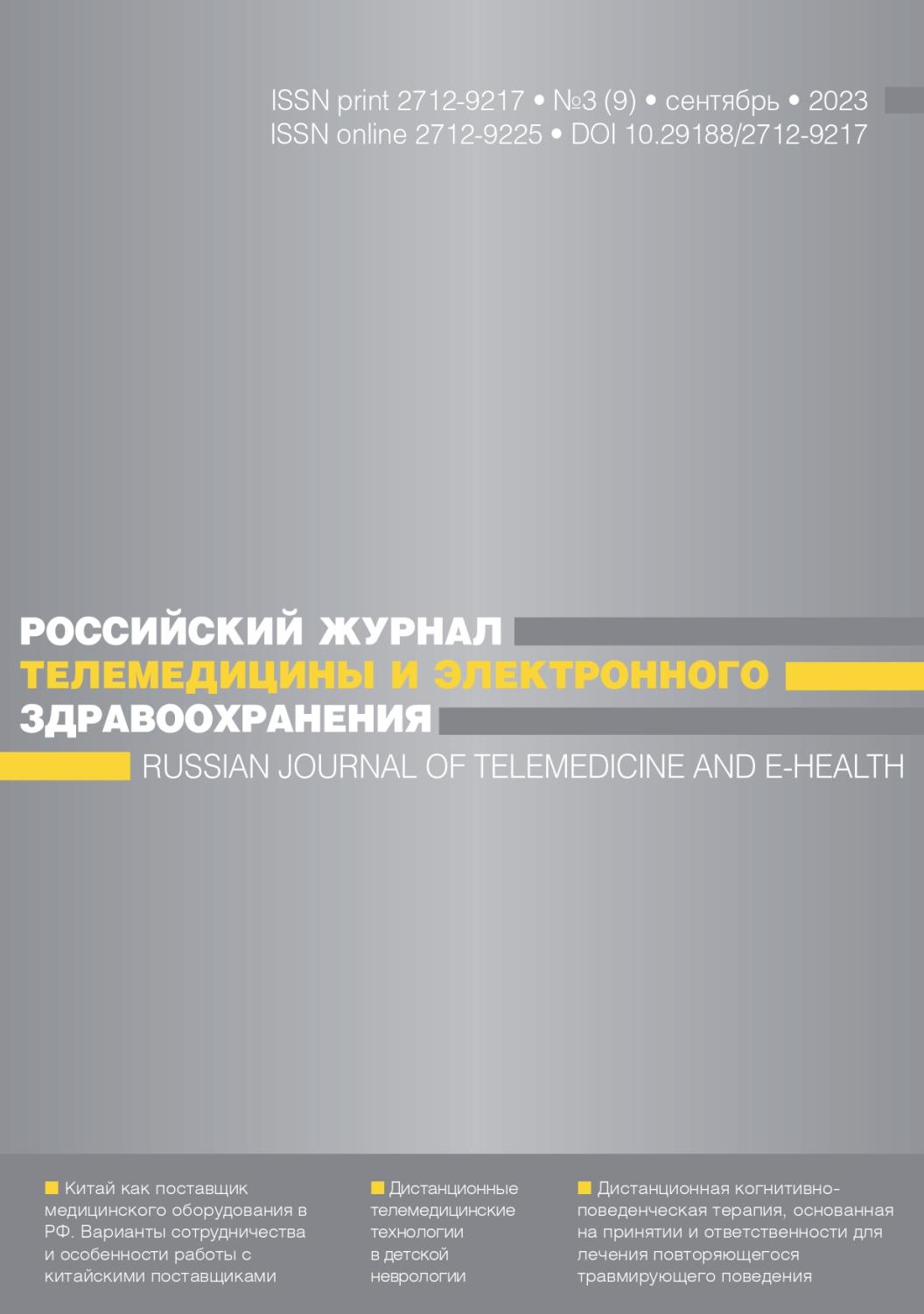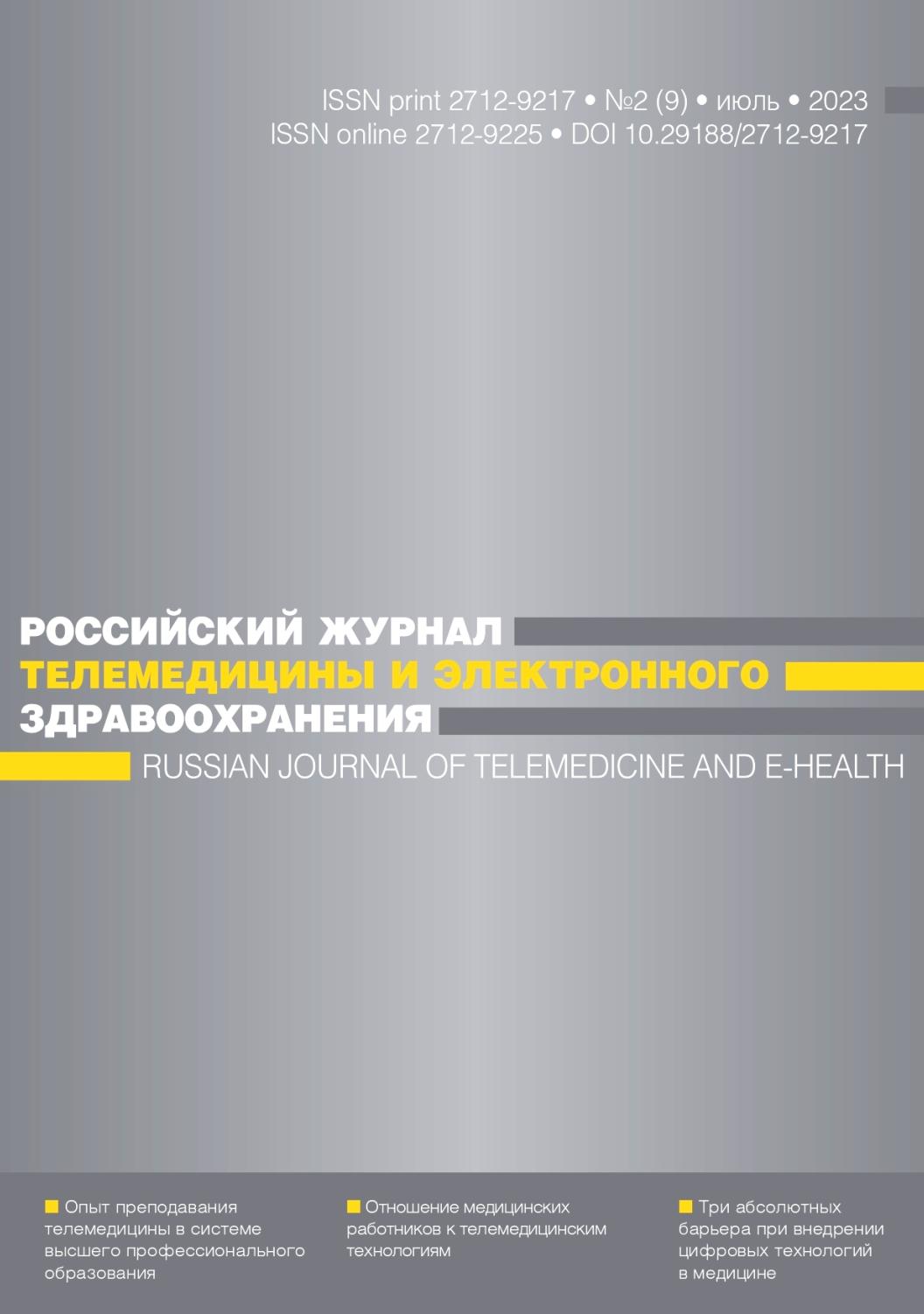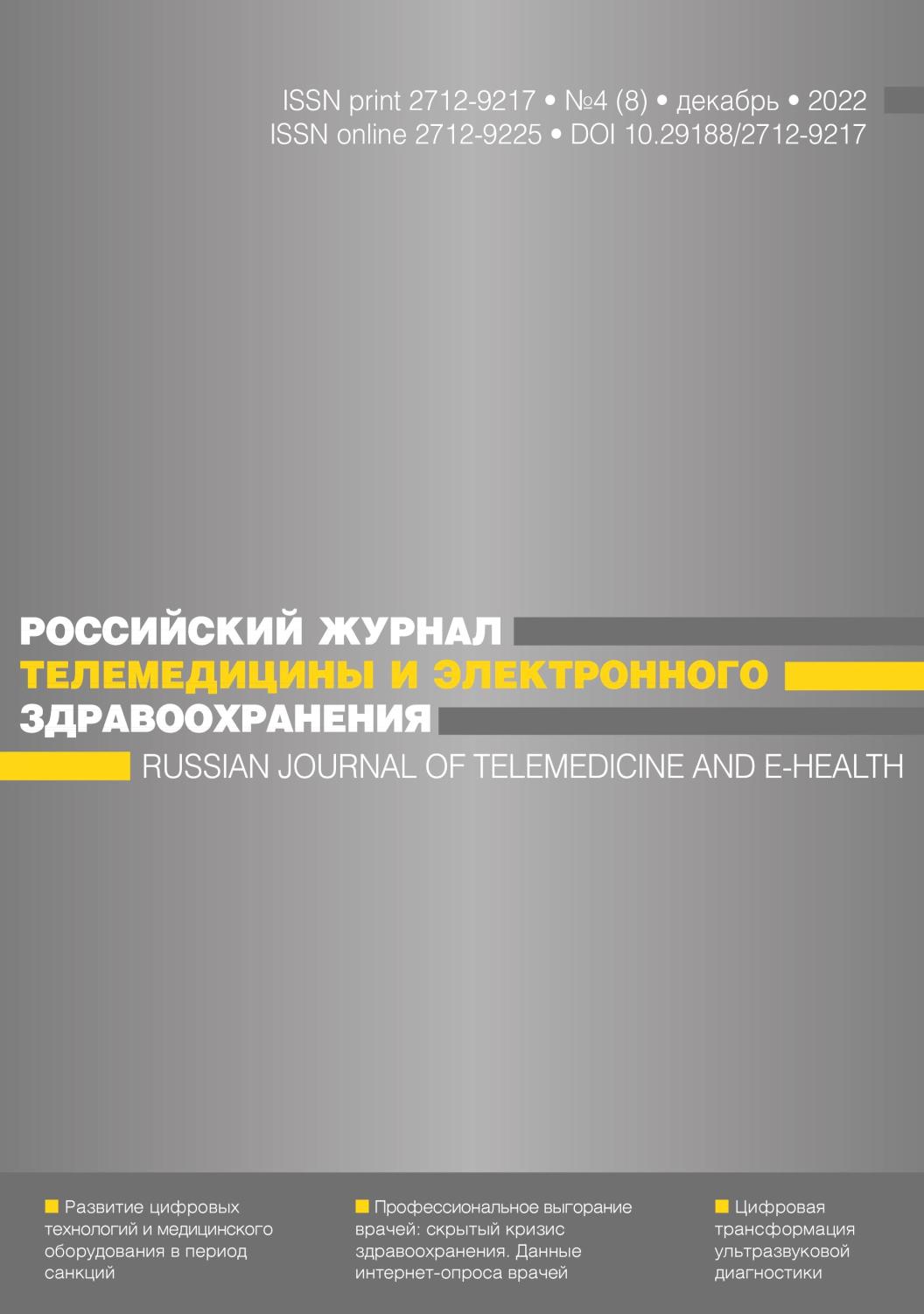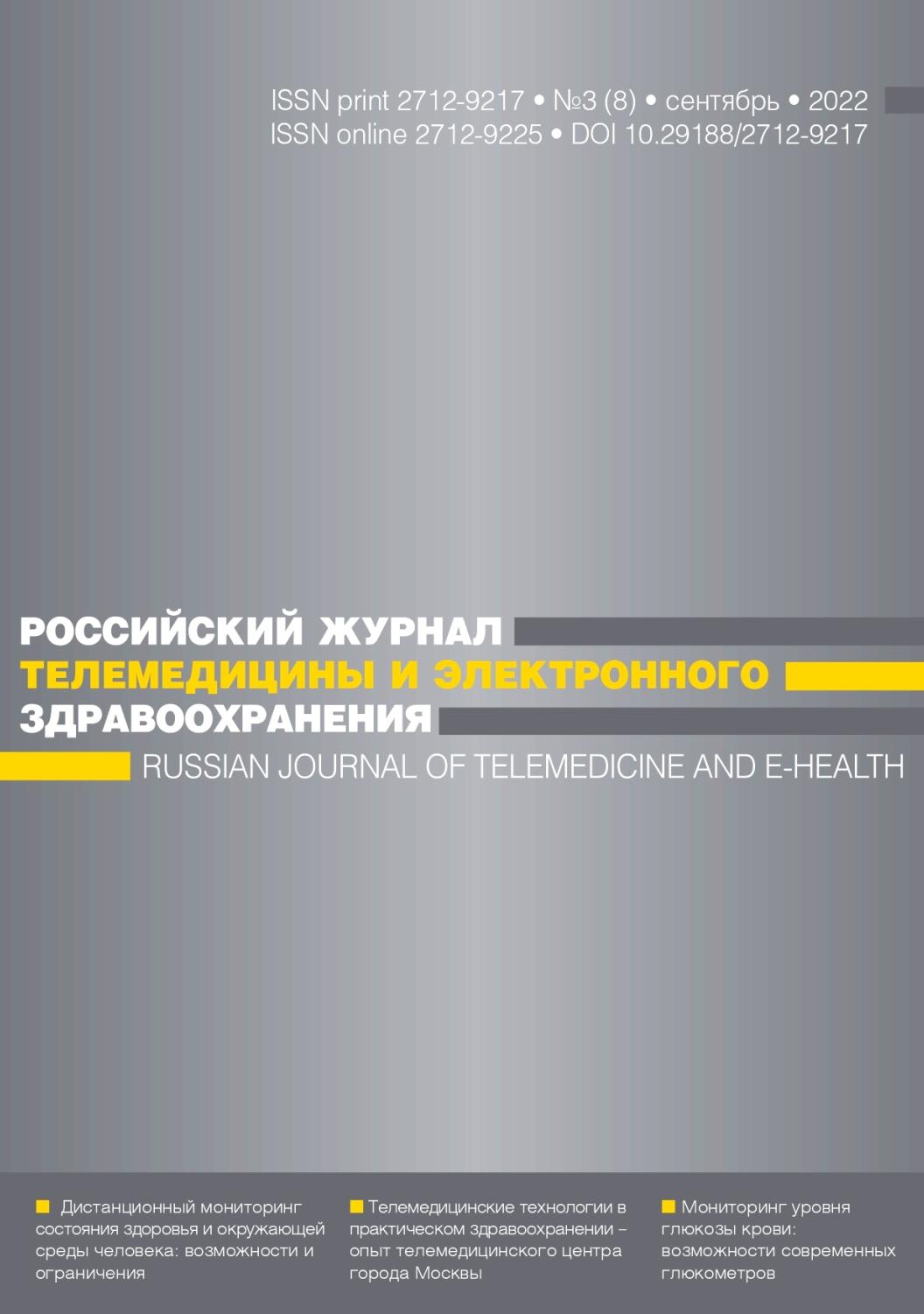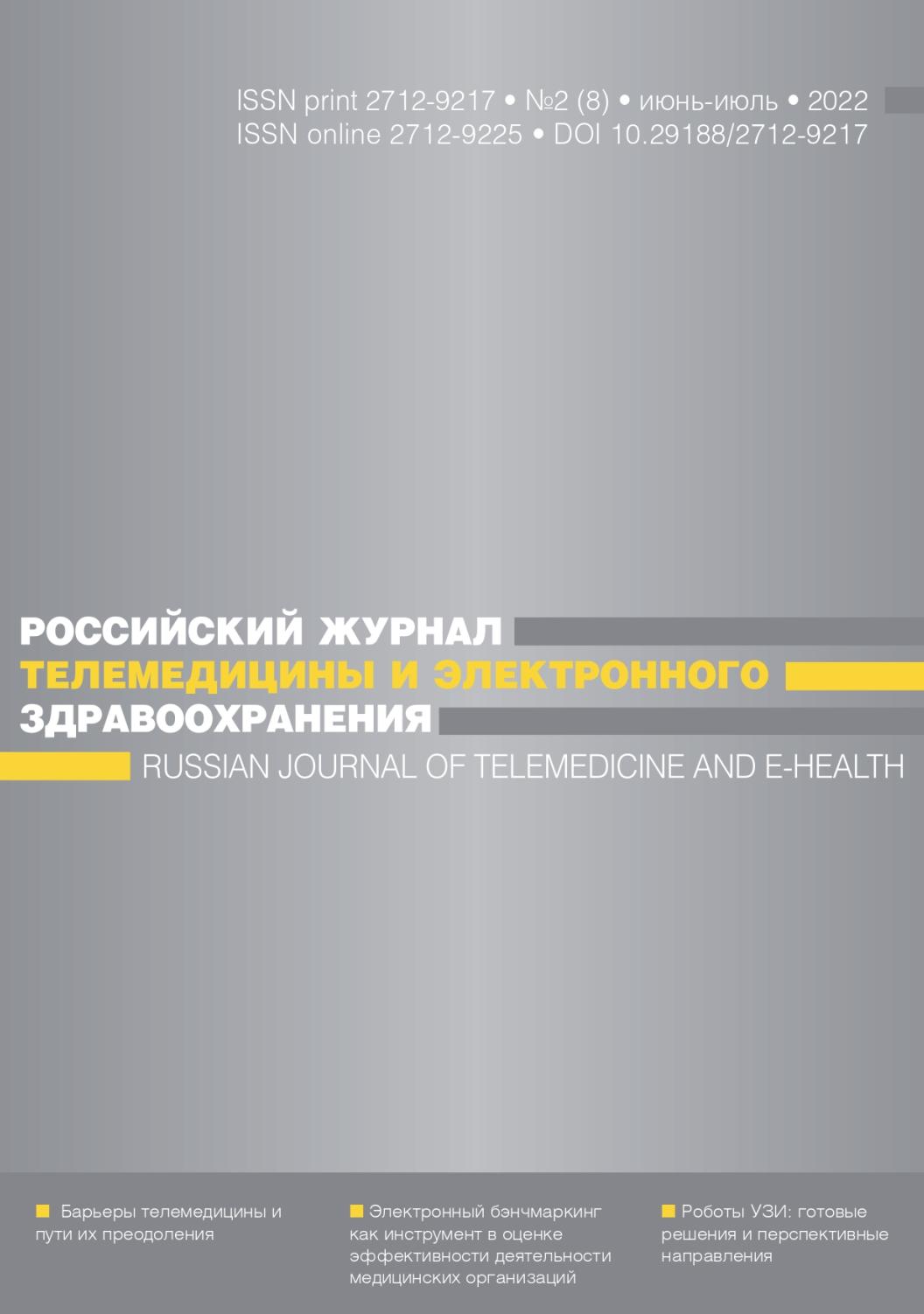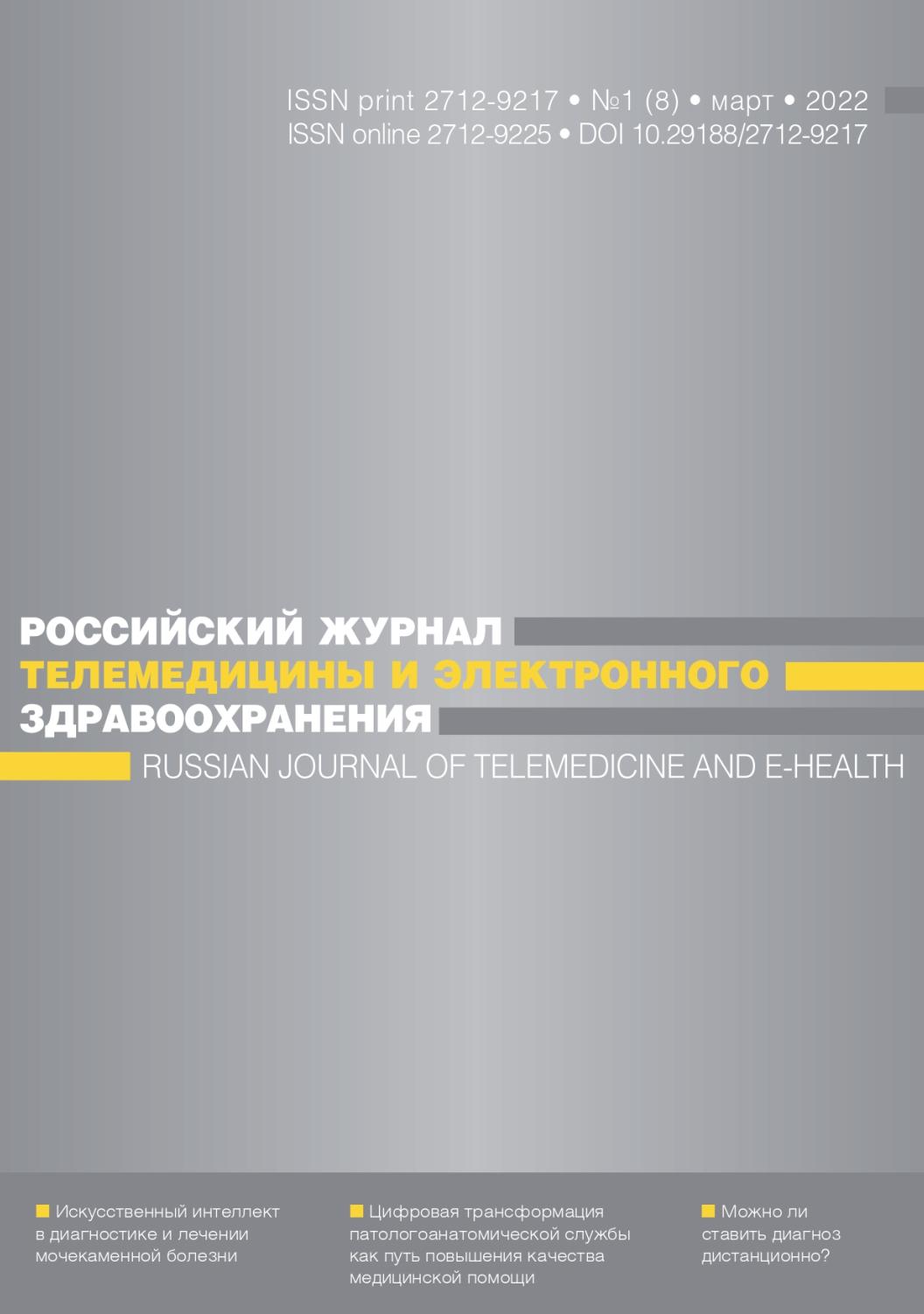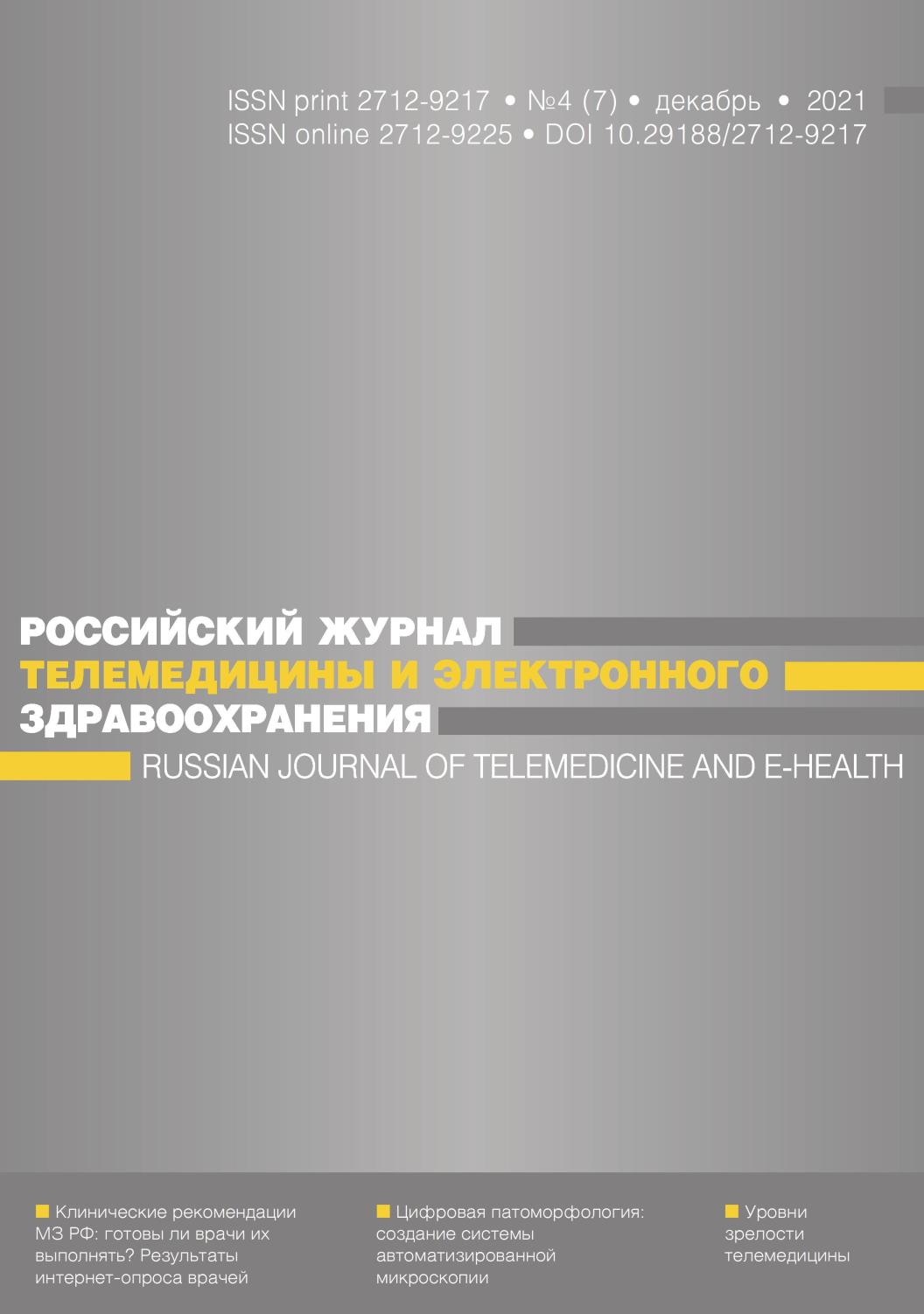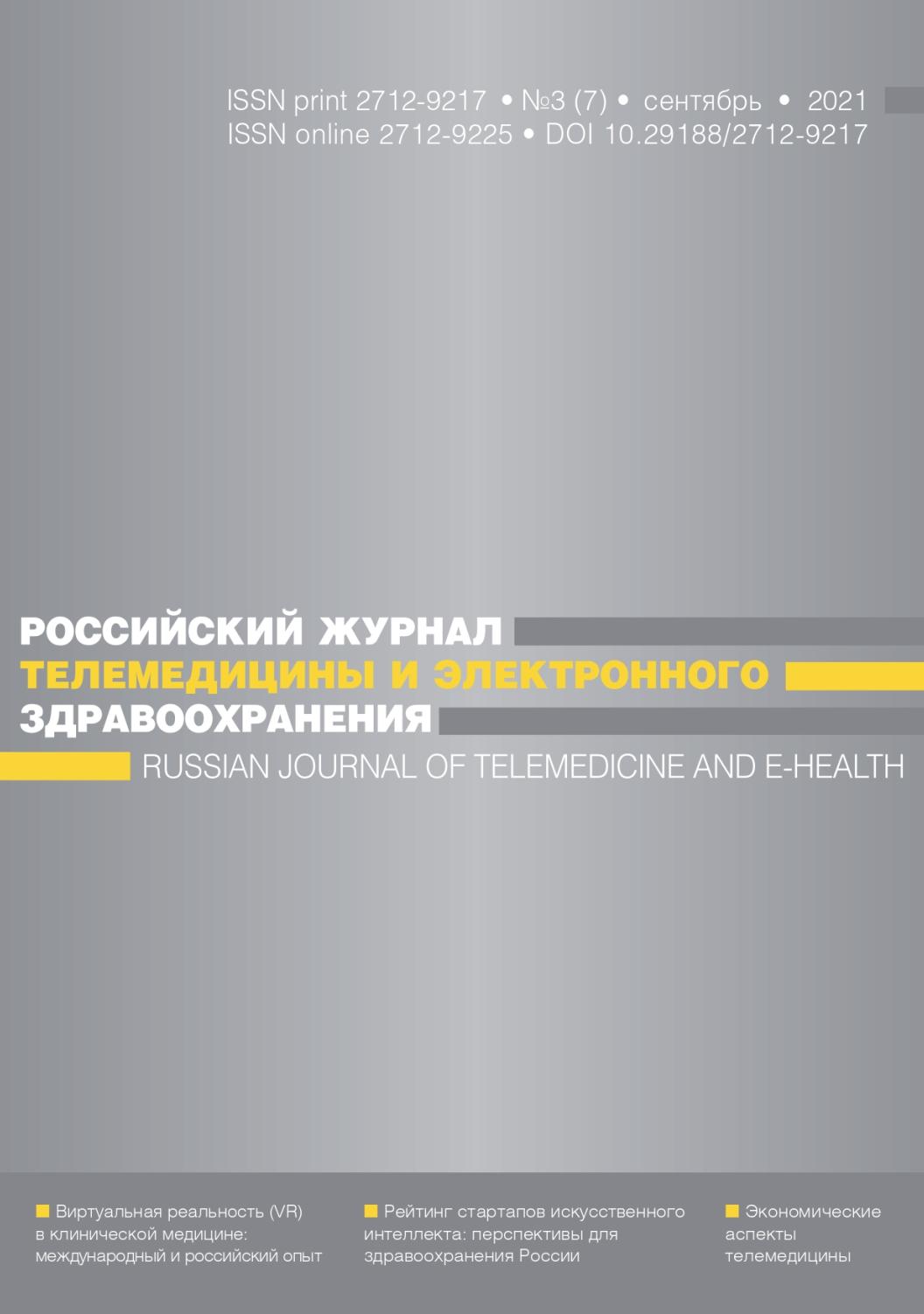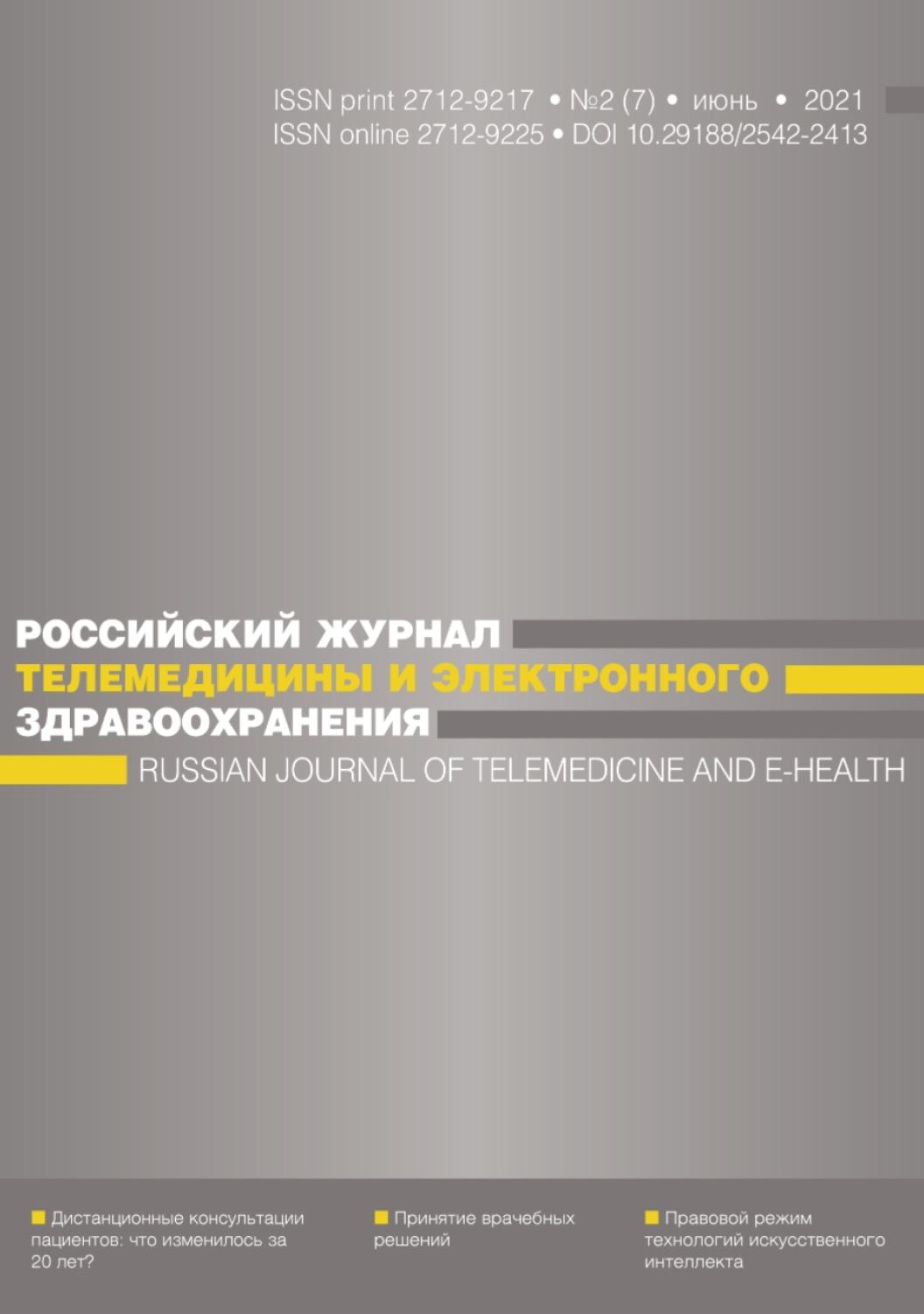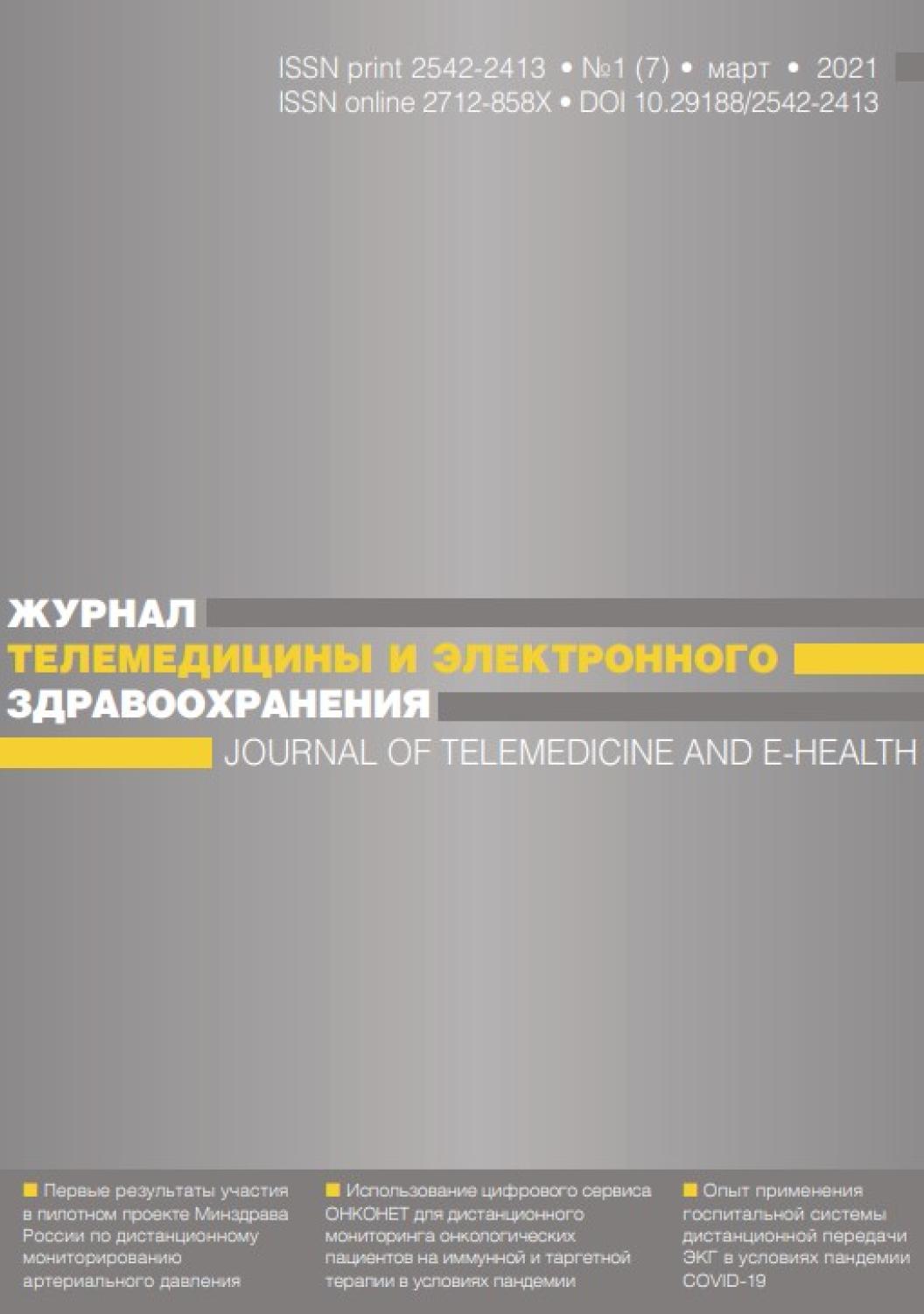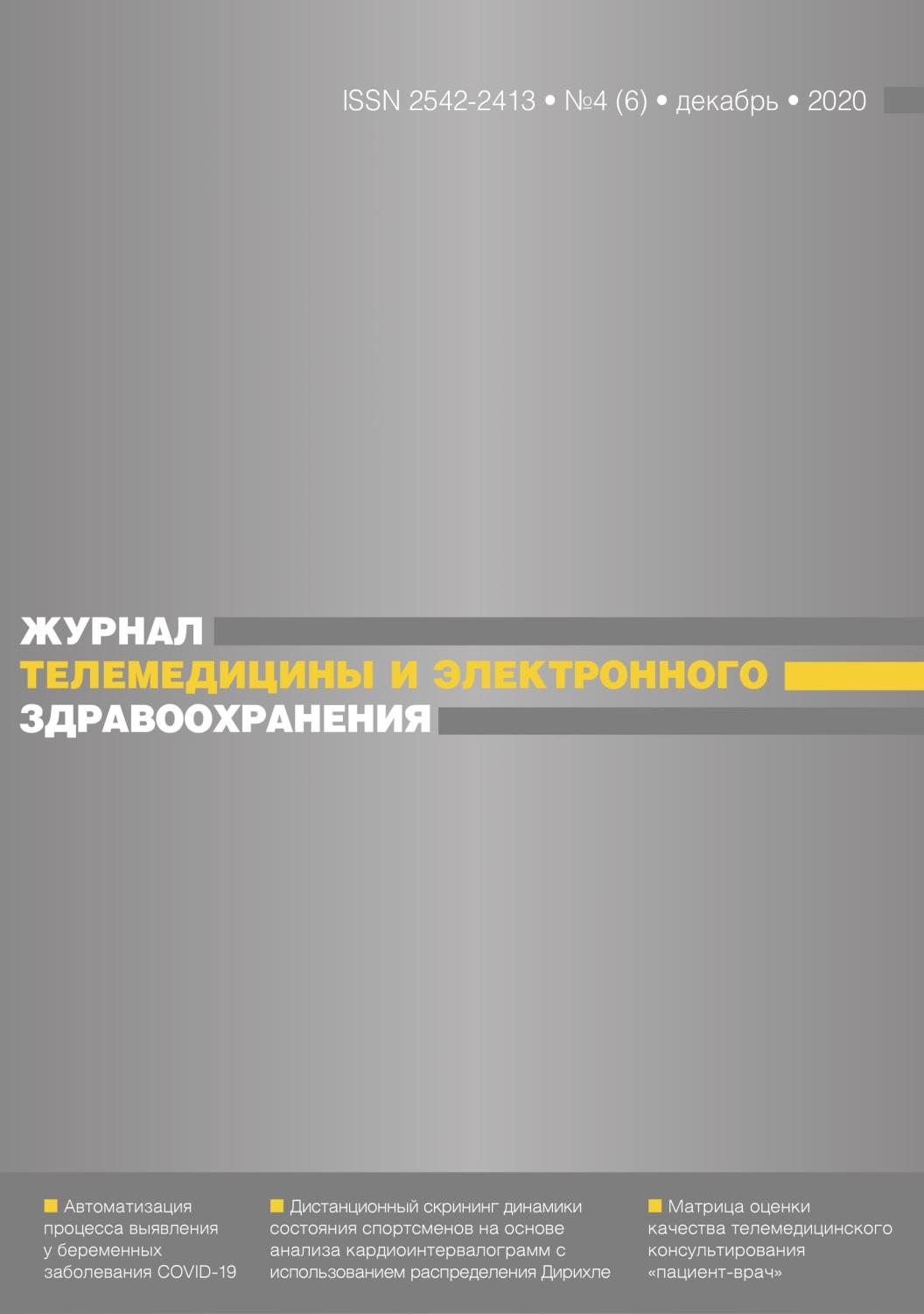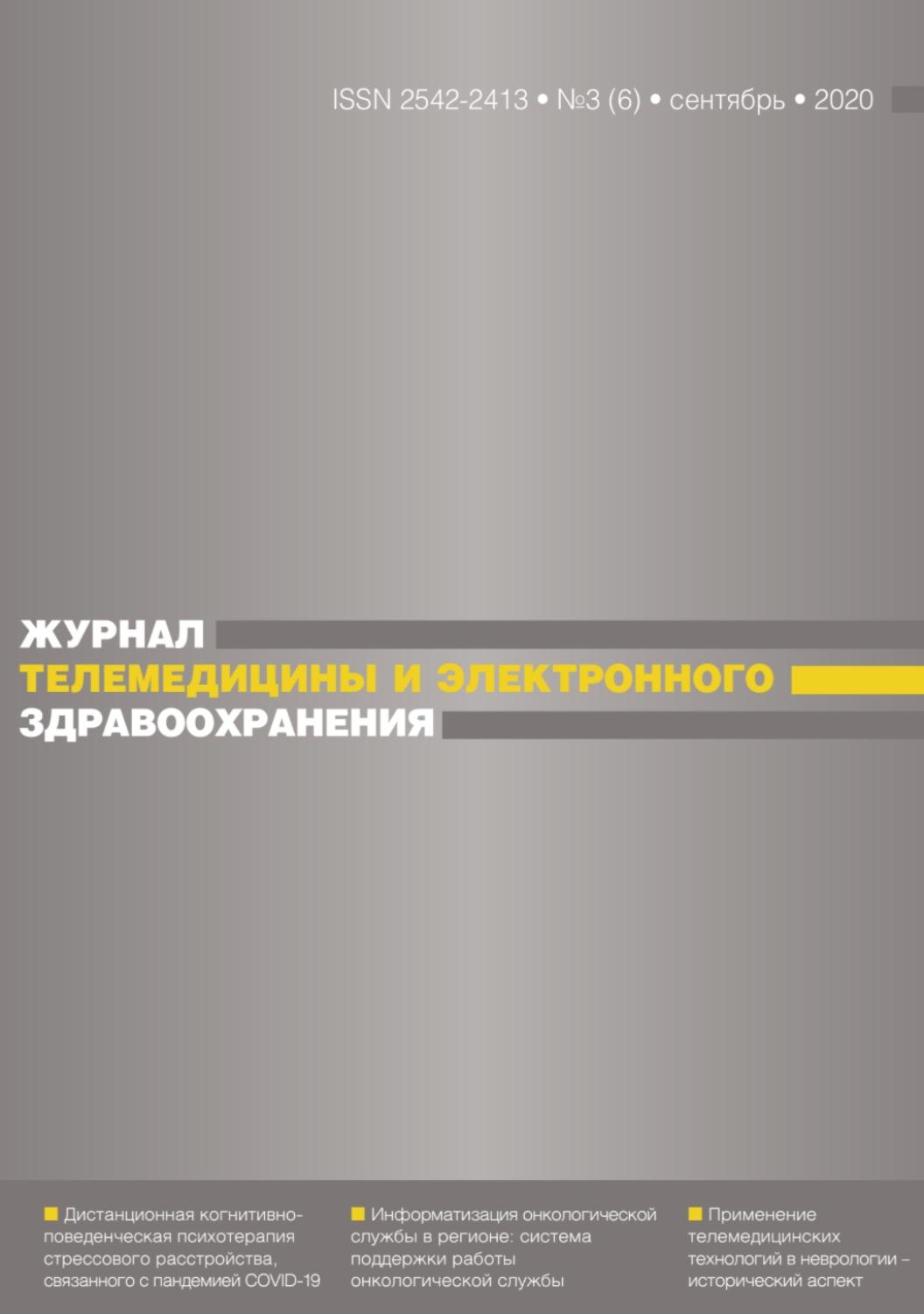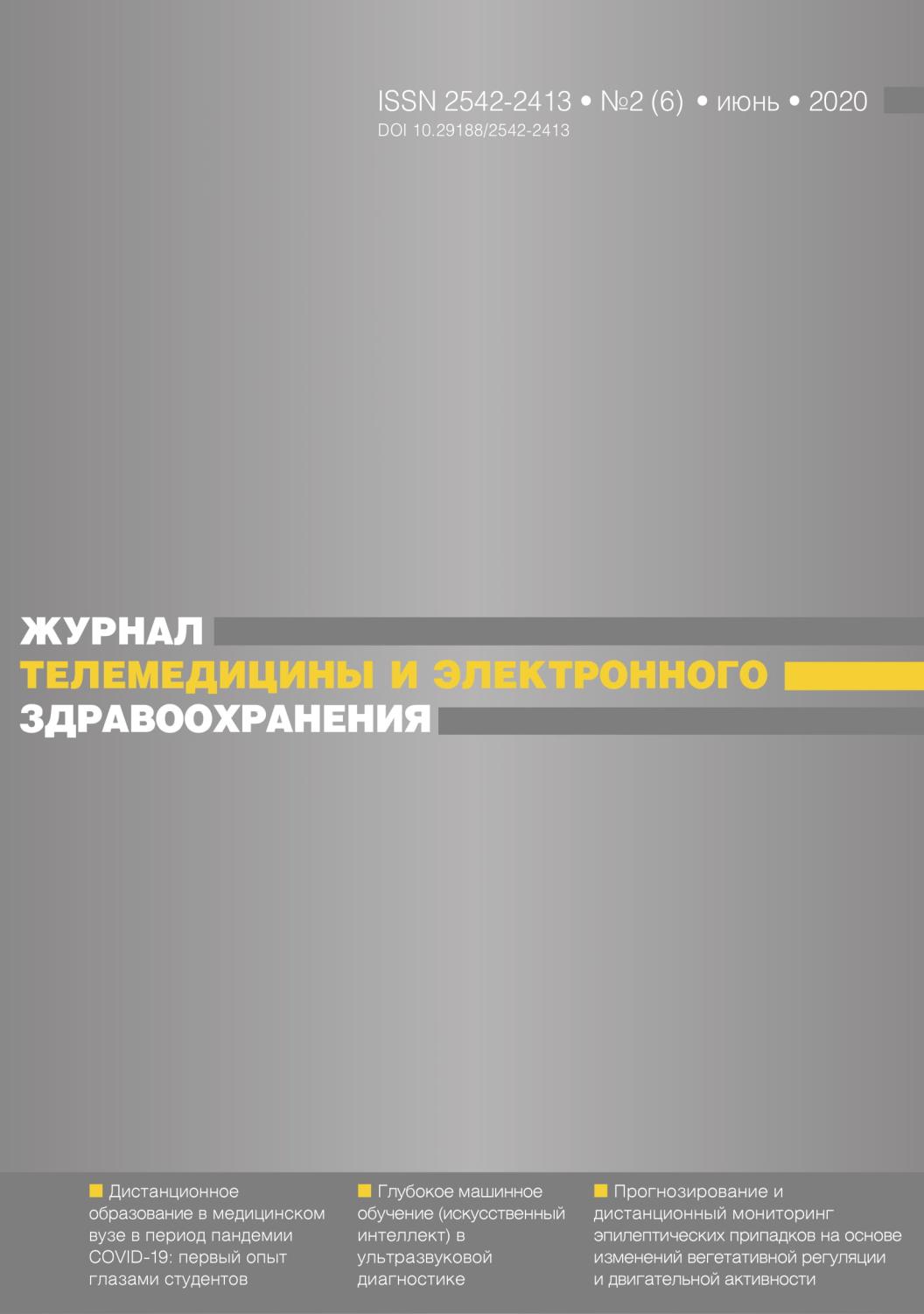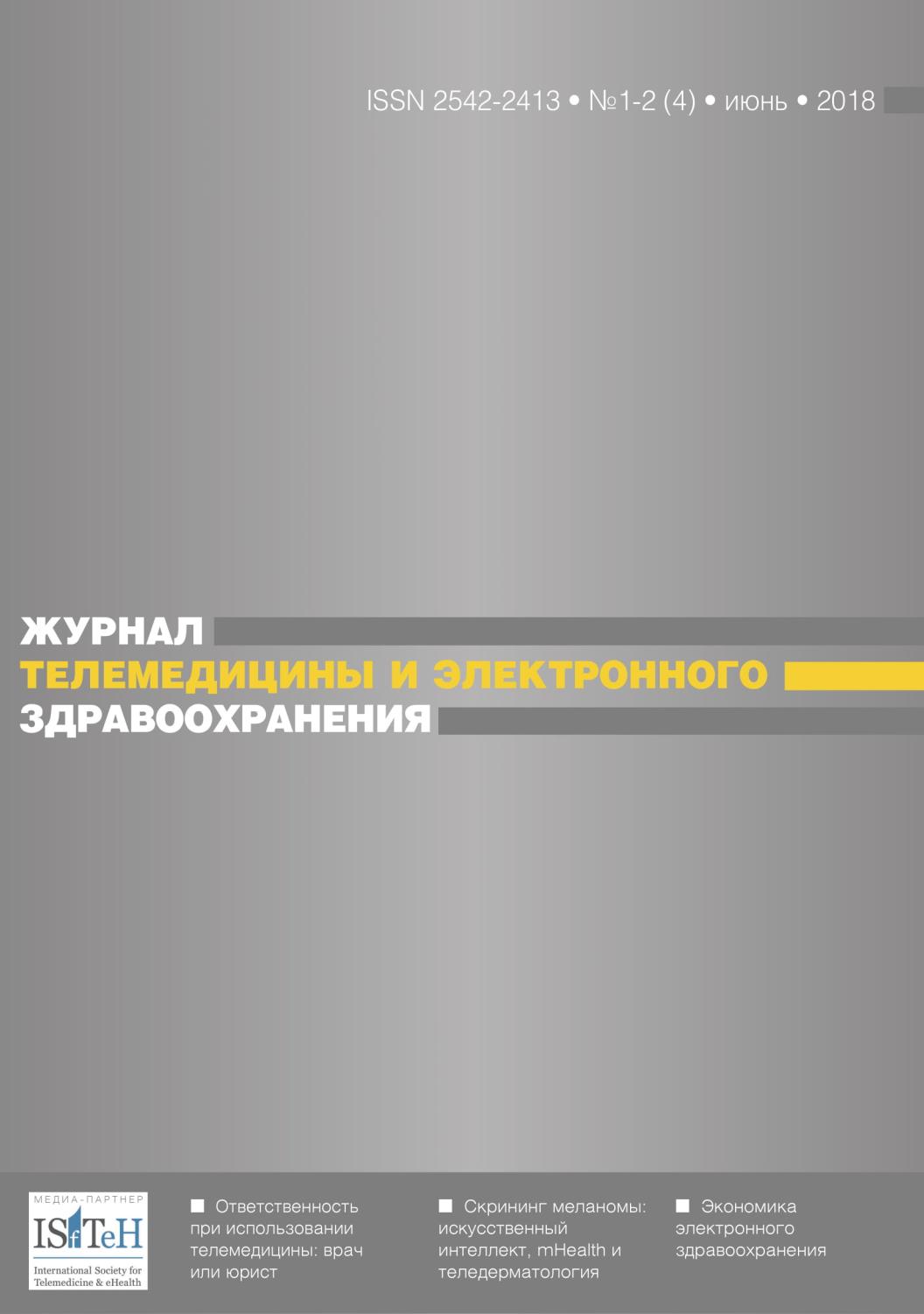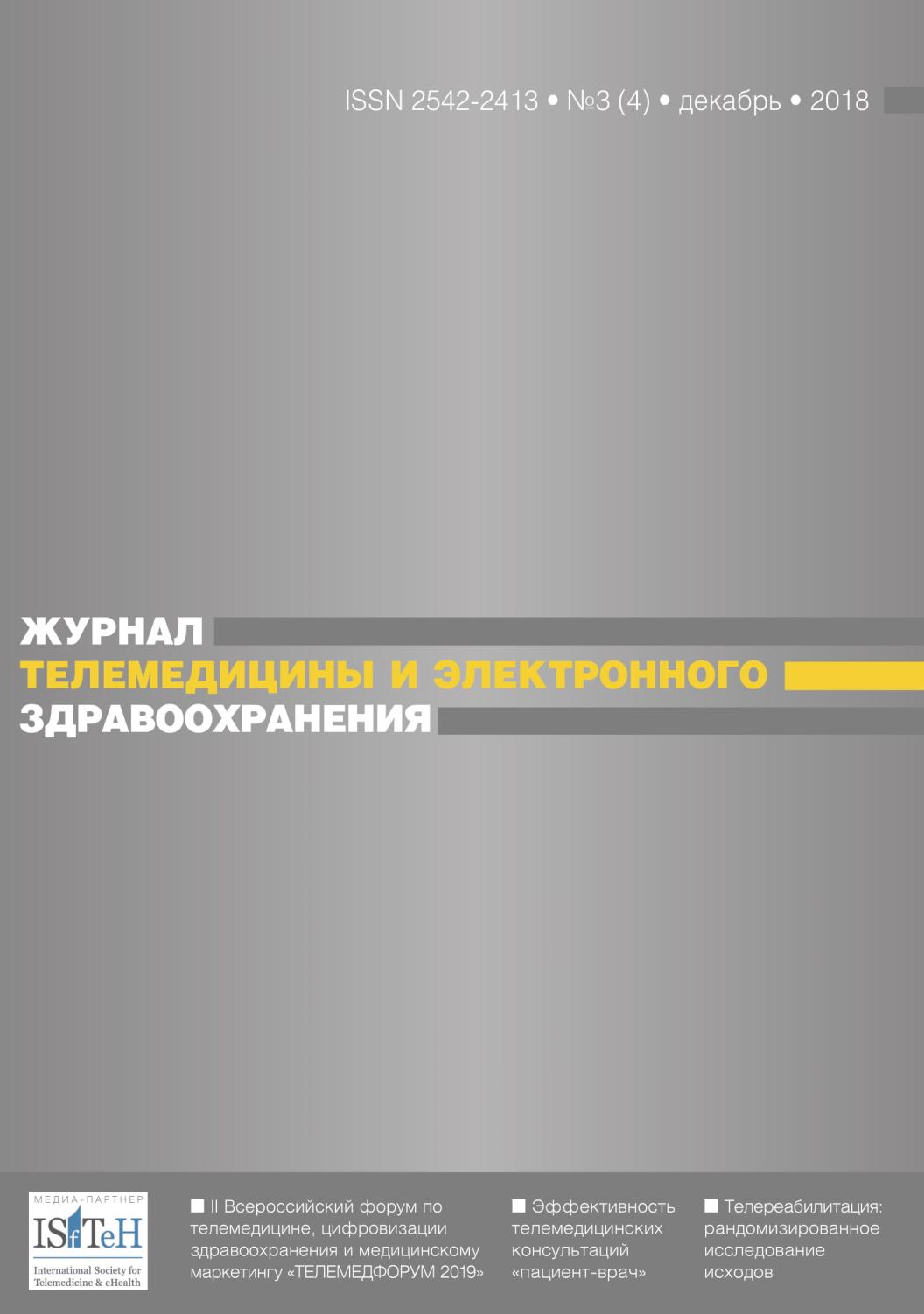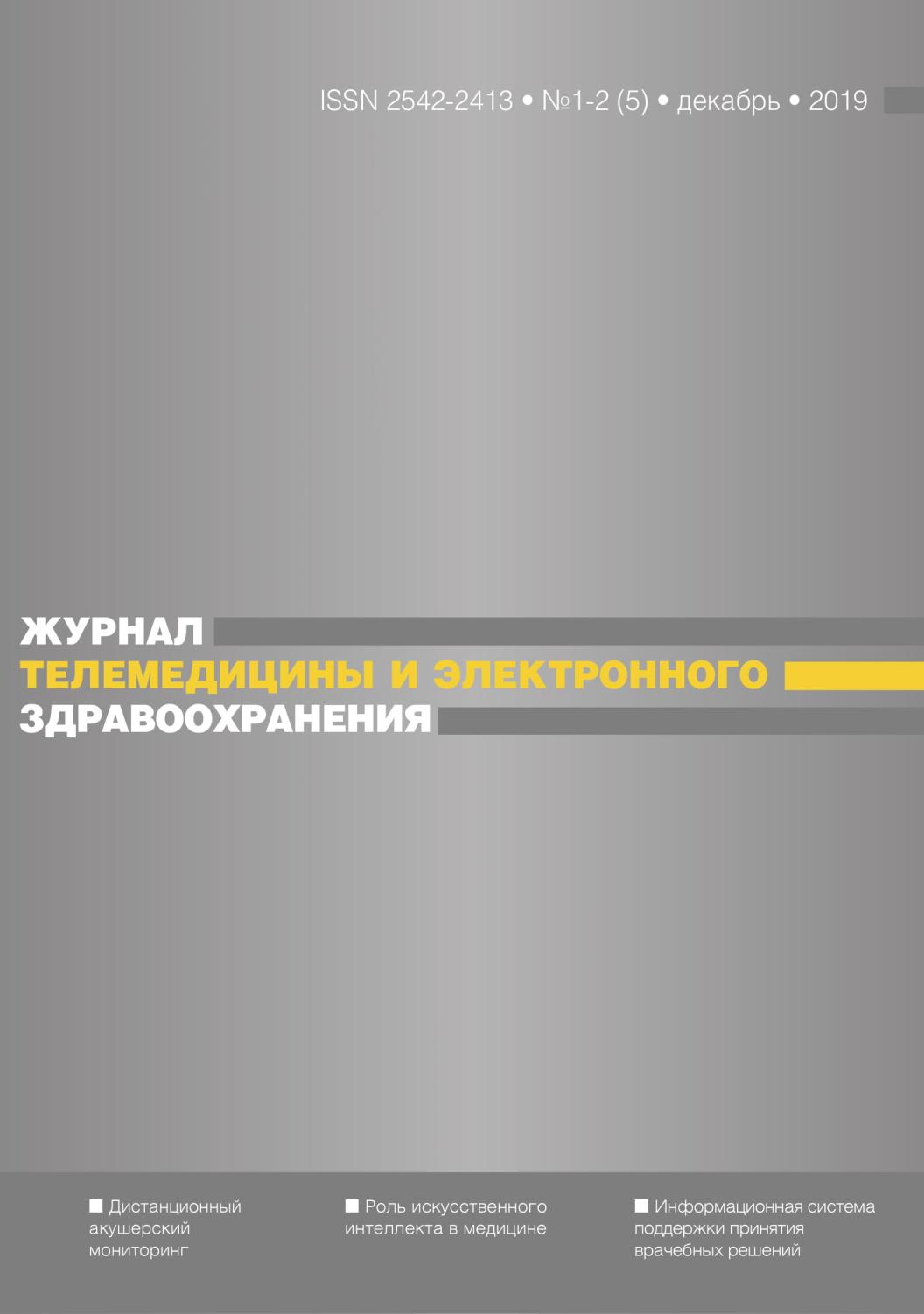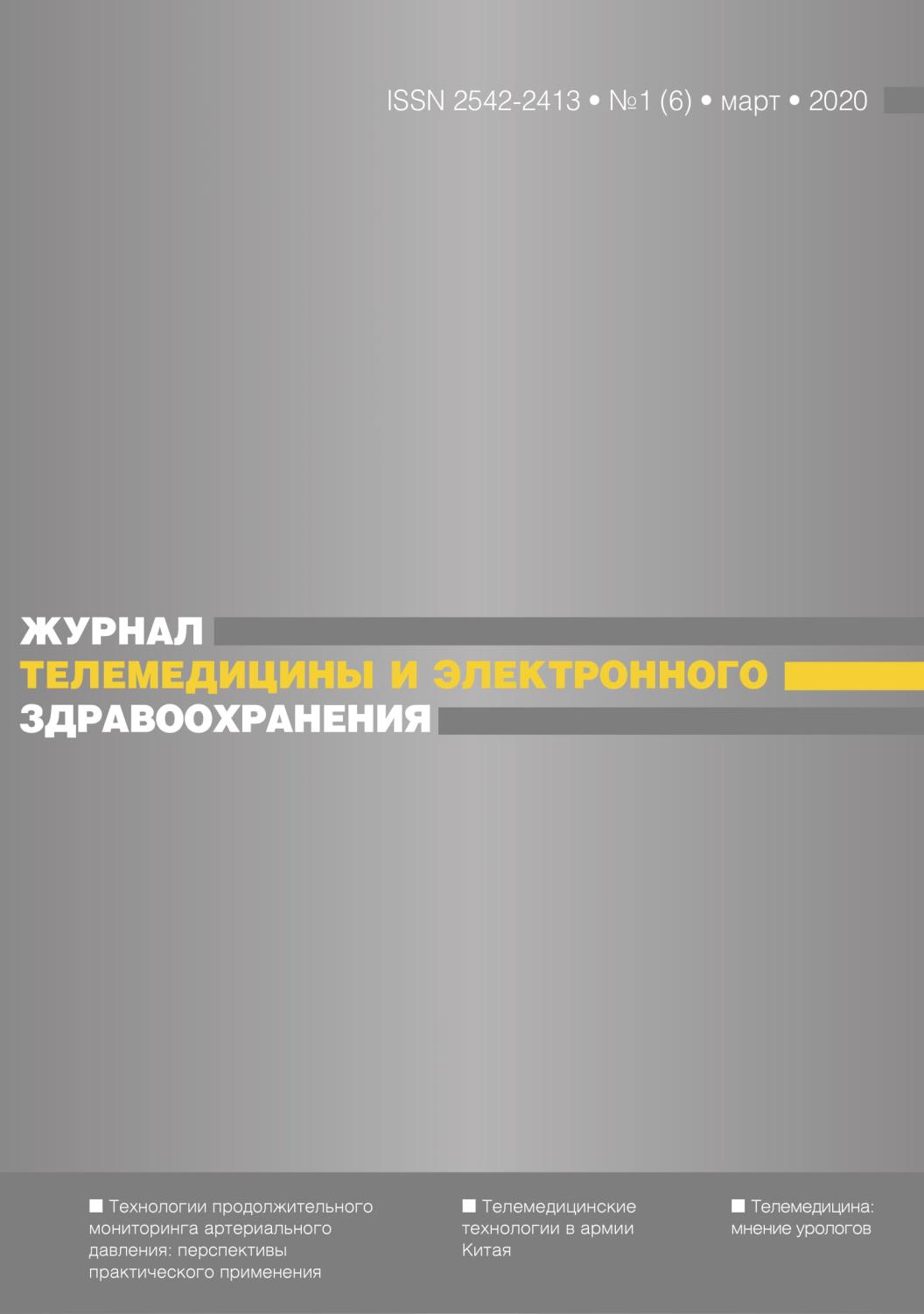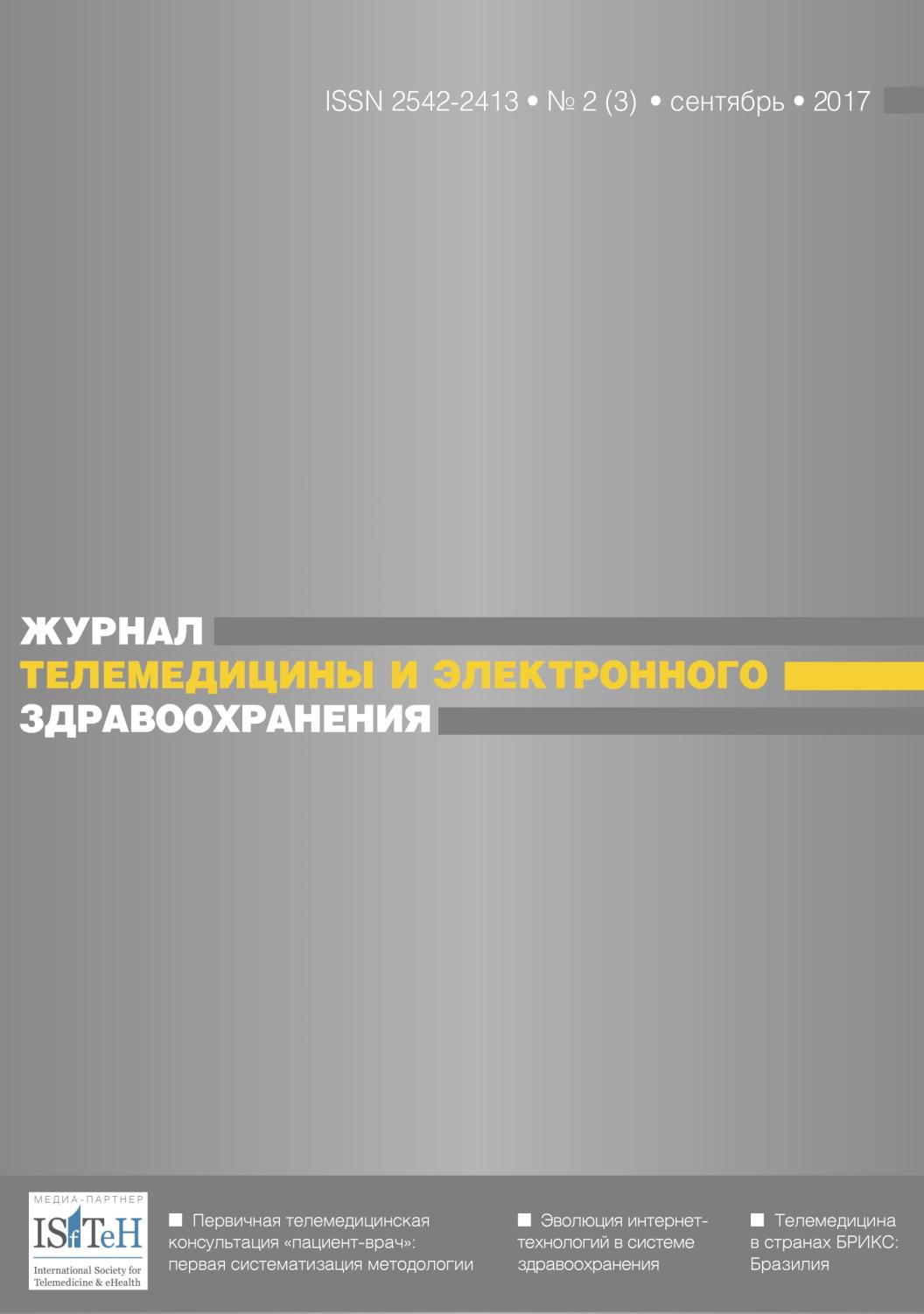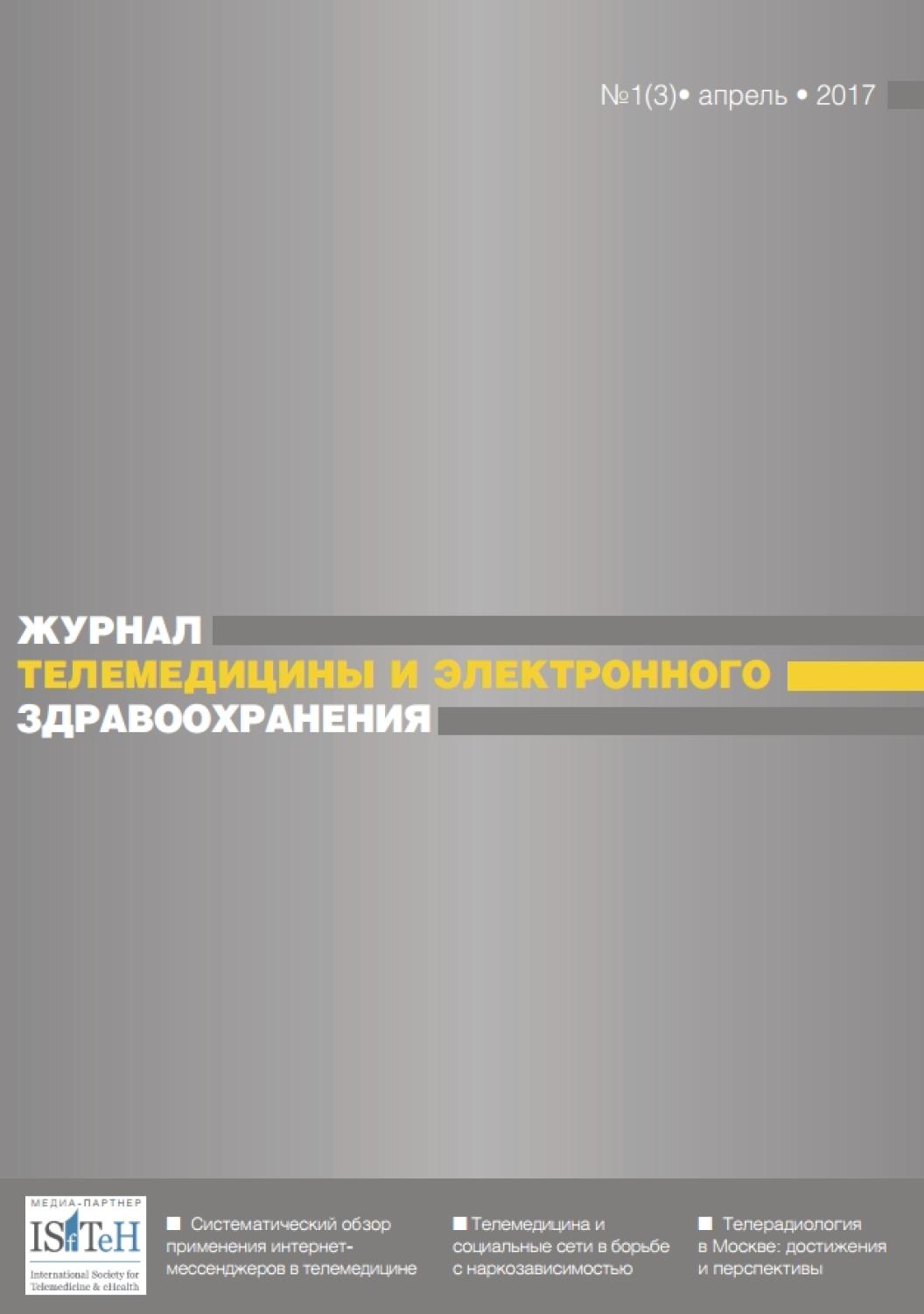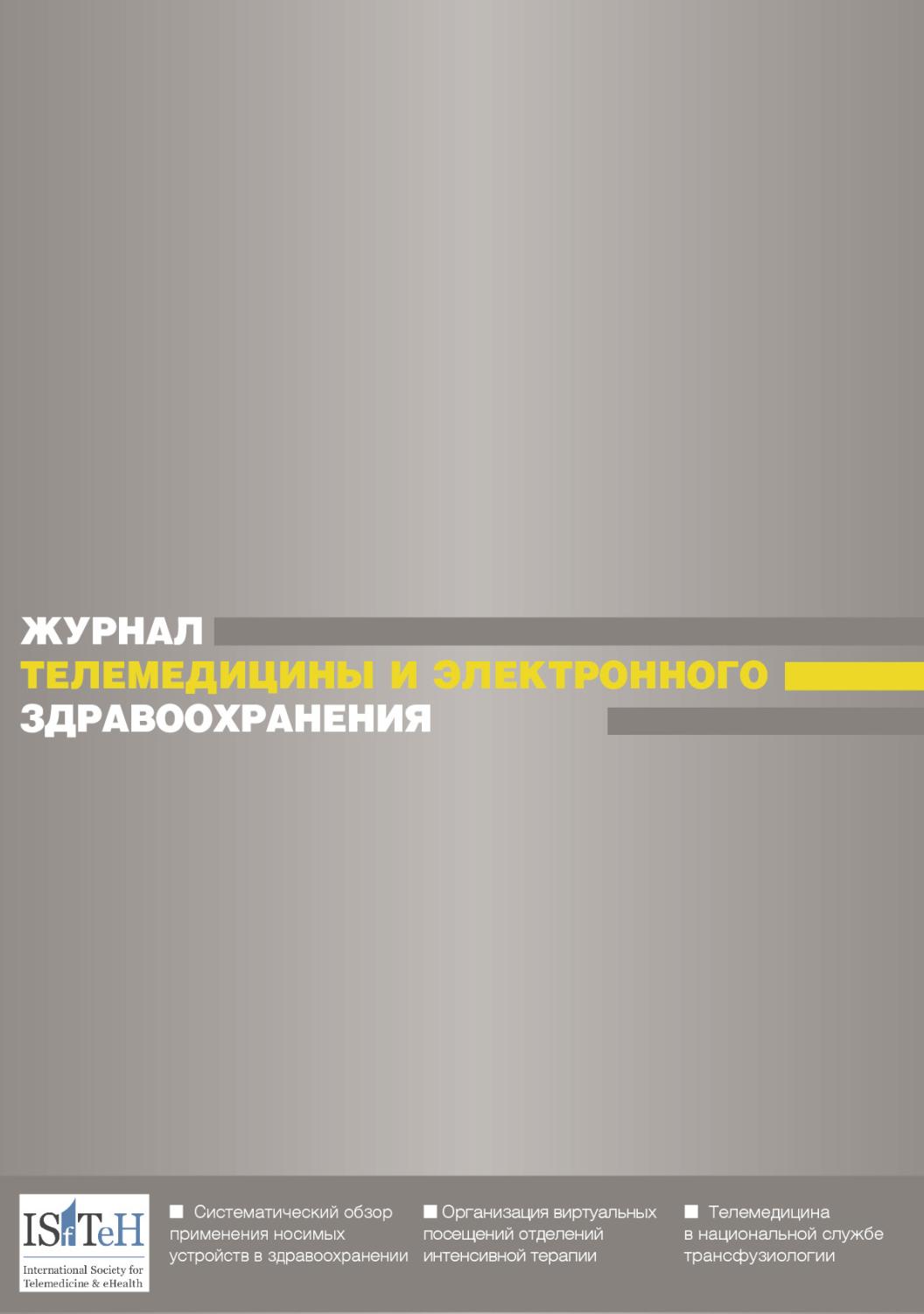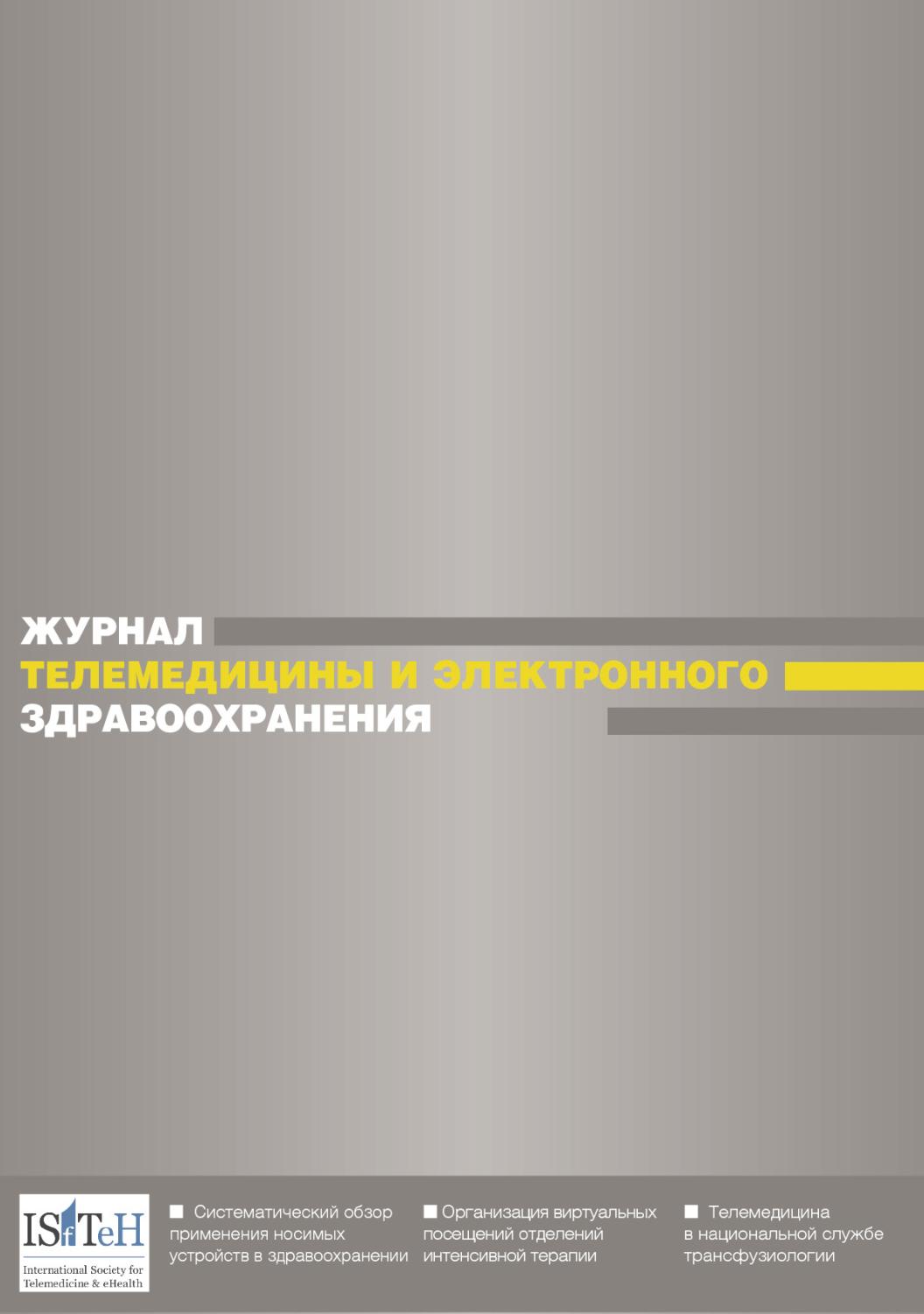Introduction. The level of development of modern information technologies and gadgets to control the functional health status allows us to make the interaction between the doctor and the patient more efficient and comfortable. The article presents the first results of participation in a pilot project of the Ministry of Health of Russia on the remote dispensary monitoring of patients with high blood pressure.
Purpose. To analyze the effectiveness of the federal program for distant monitoring of blood pressure and it impact on the dynamics of hypertension exacerbations at high risk patients.
Materials and methods. Main group of patients (n=30) recruited in Republic of Bashkortostan Republican Clinical Hospital 2 in Ufa in 2018-2019. For control group 30 patients were randomly selected from Russian Register of Arterial Hypertension included. Certified blood pressure monitors with distant data transmission via a mobile communication channel (GSM) used. Monitoring made in two programs: Program 1 ("Therapy selection"), Program 2 ("Therapy control").
Results. The number of patients with achieved average daily blood pressure values of 135/85 mm Hg was 64% (106 people), which is much better than control (reaching the target blood pressure in patients with arterial hypertension in 2017 was about 38%).
Conclusions. Technologies for distant dispensary monitoring of blood pressure have shown their consistency and applicability. Telemonitoring testifies to 99.4% effectiveness of the study among patients of the outpatient clinic.


